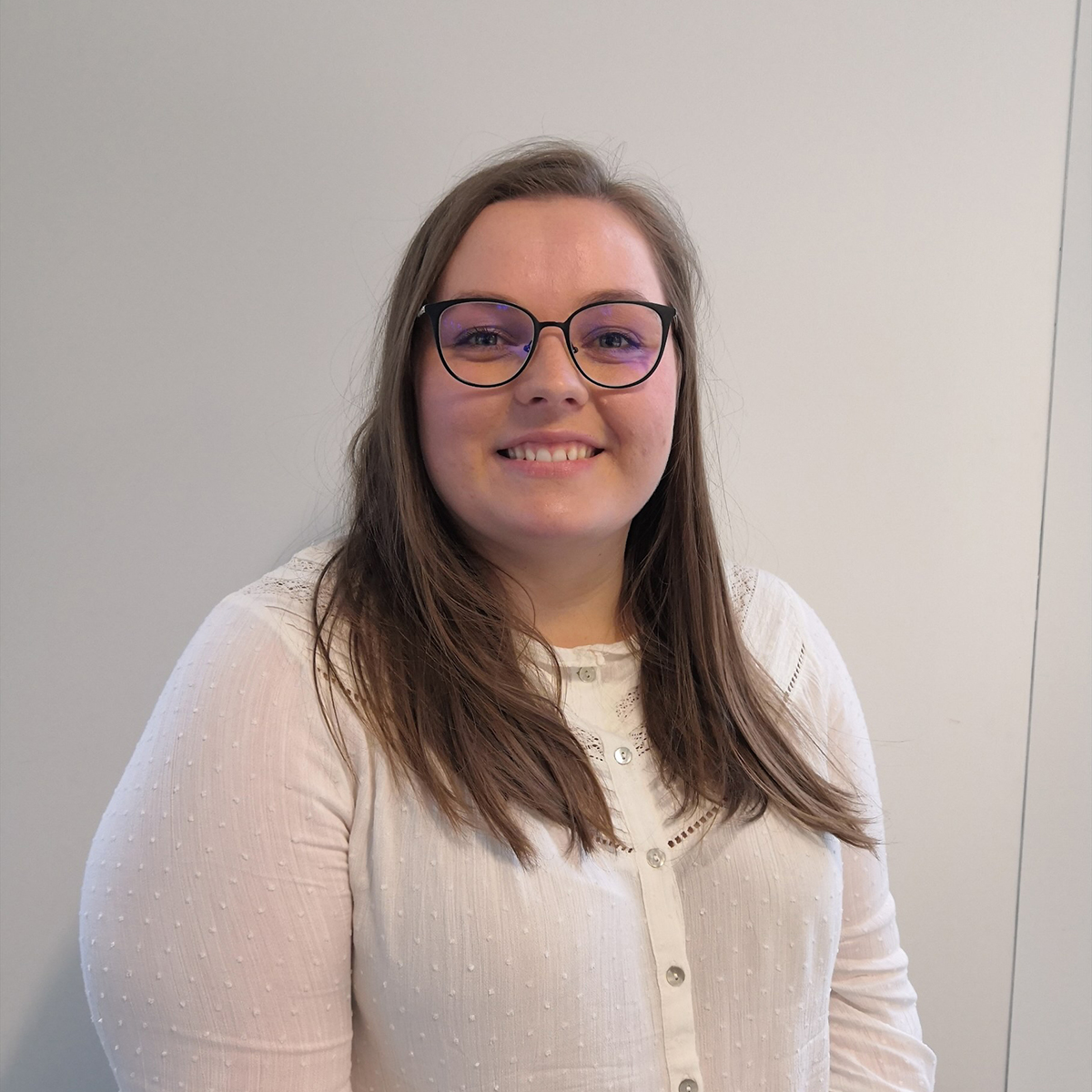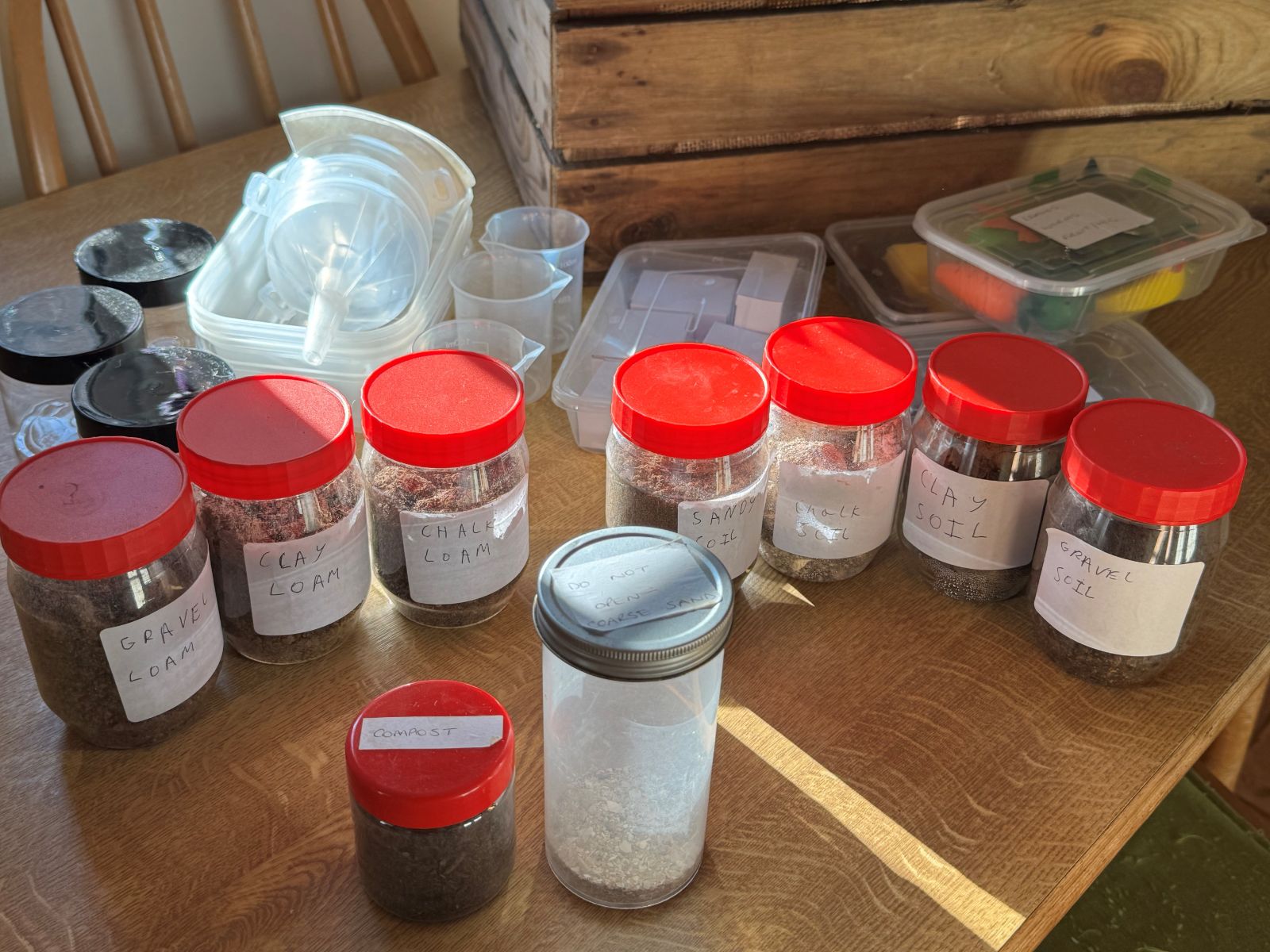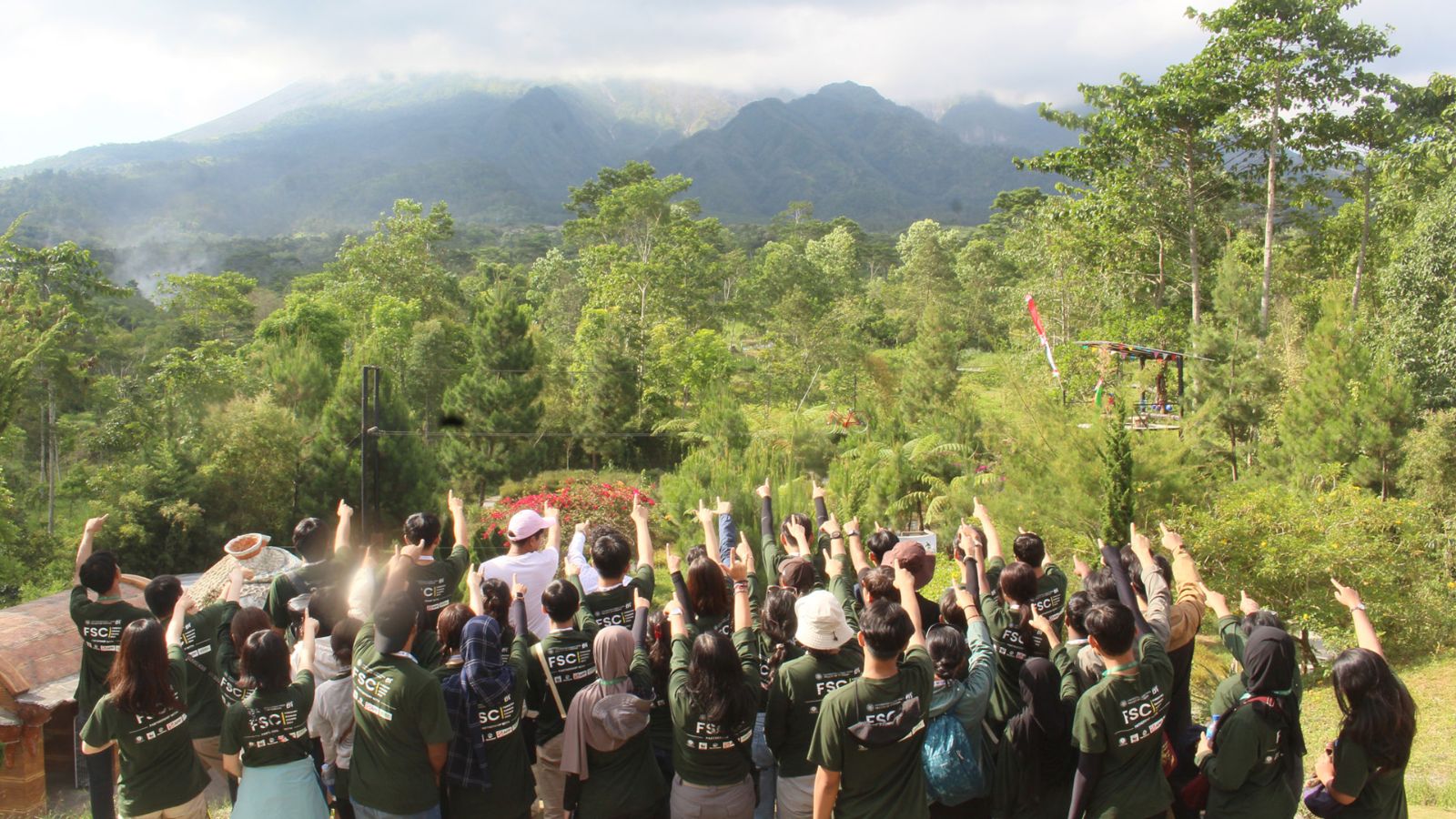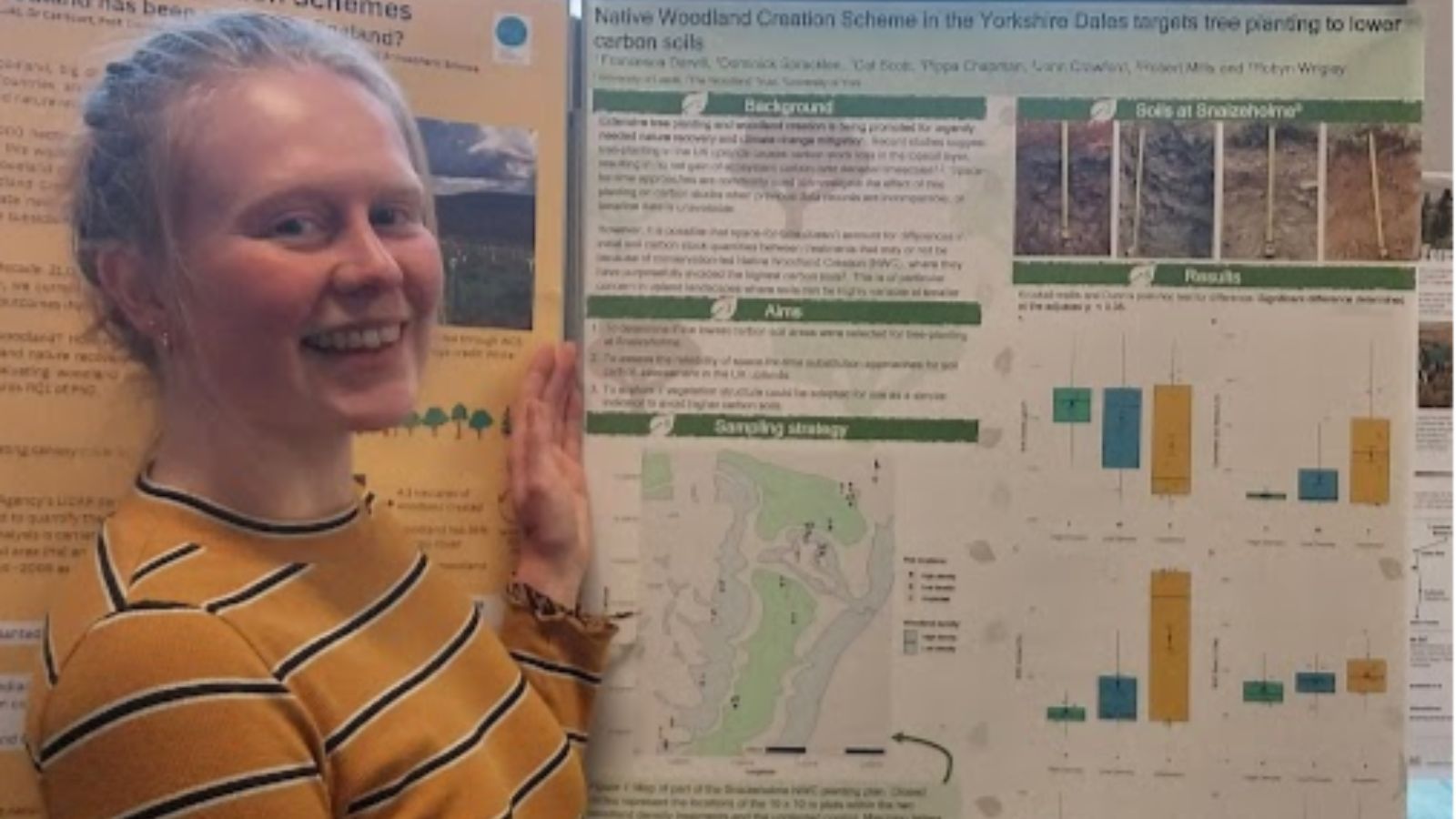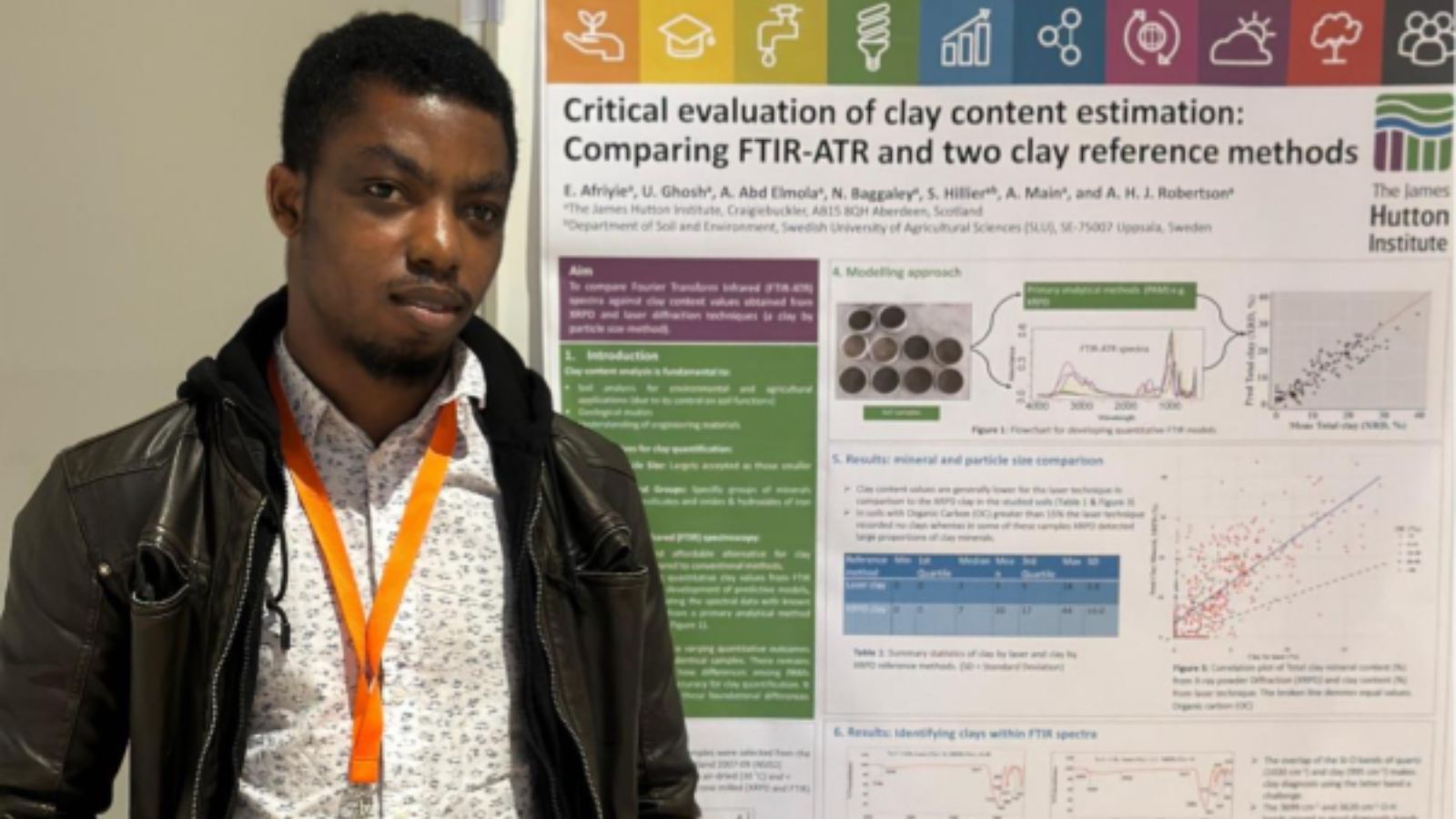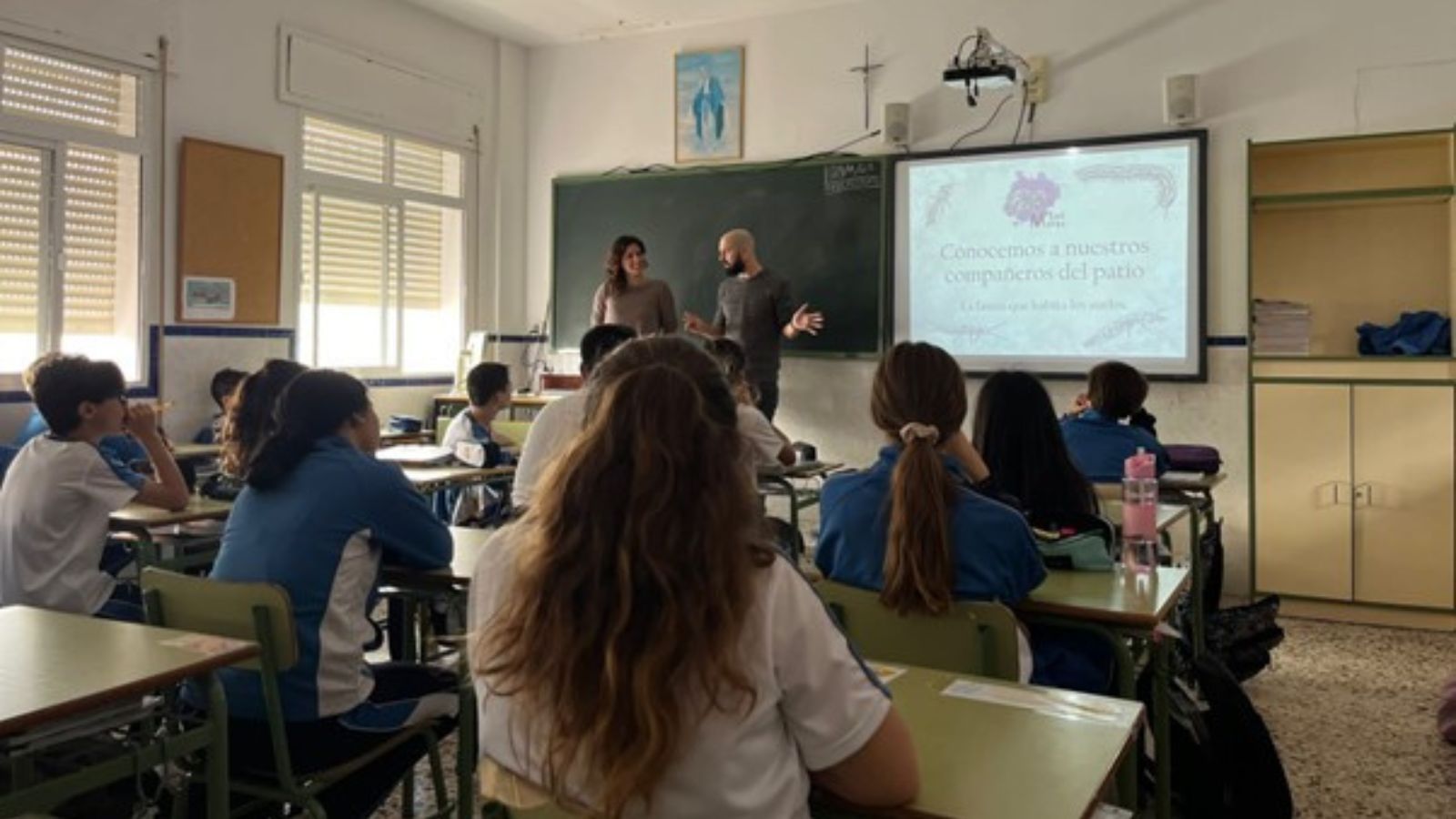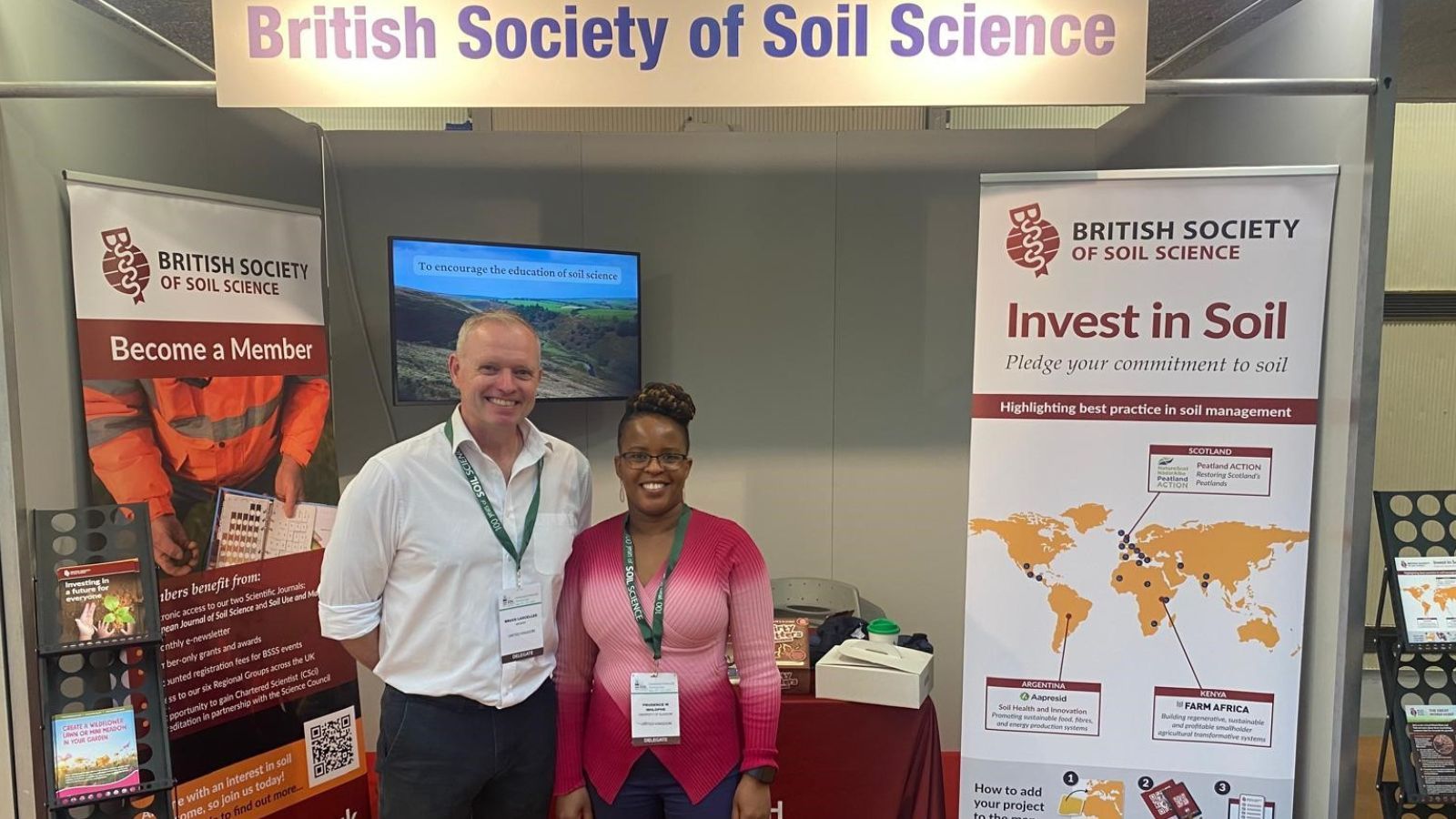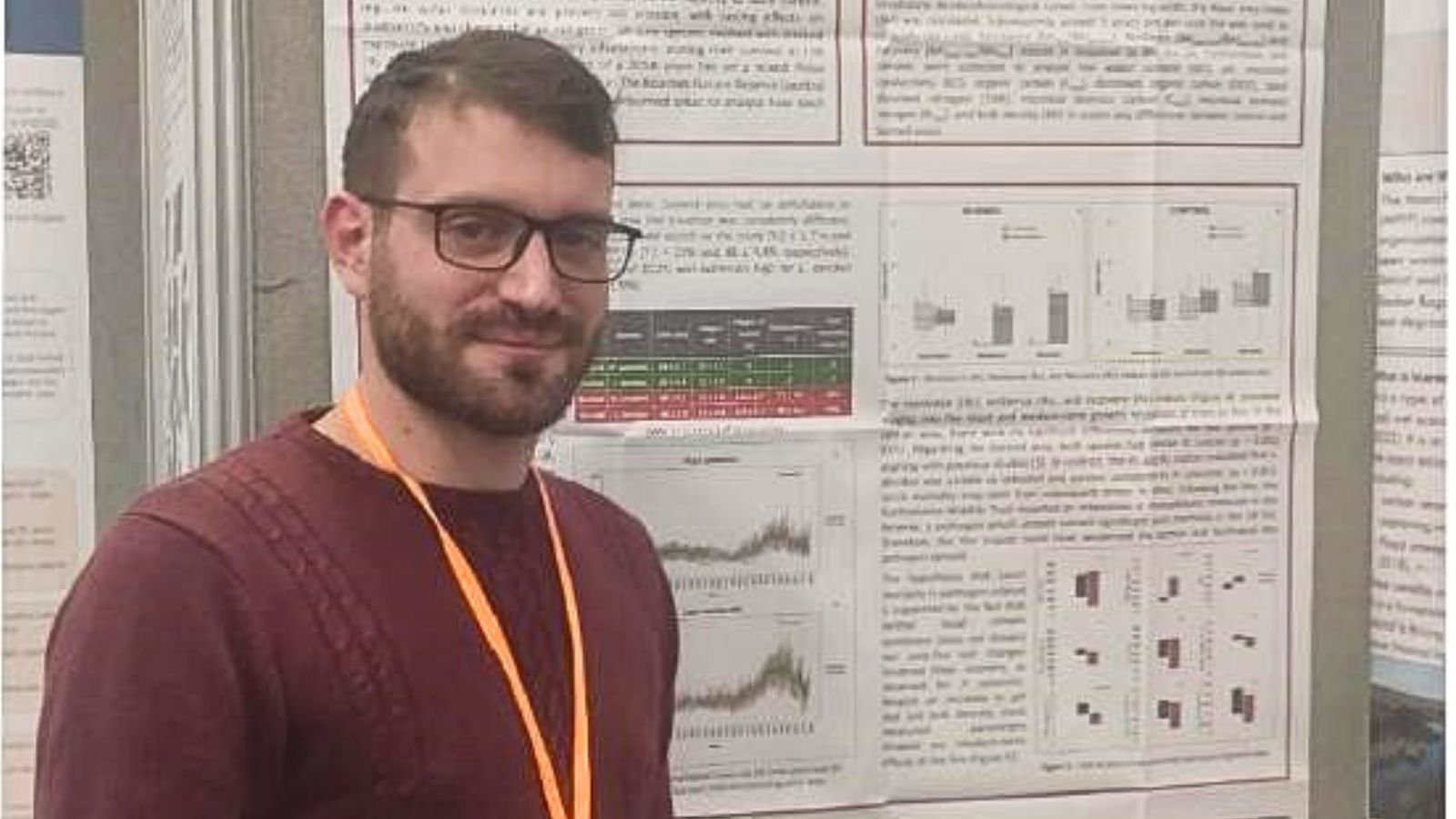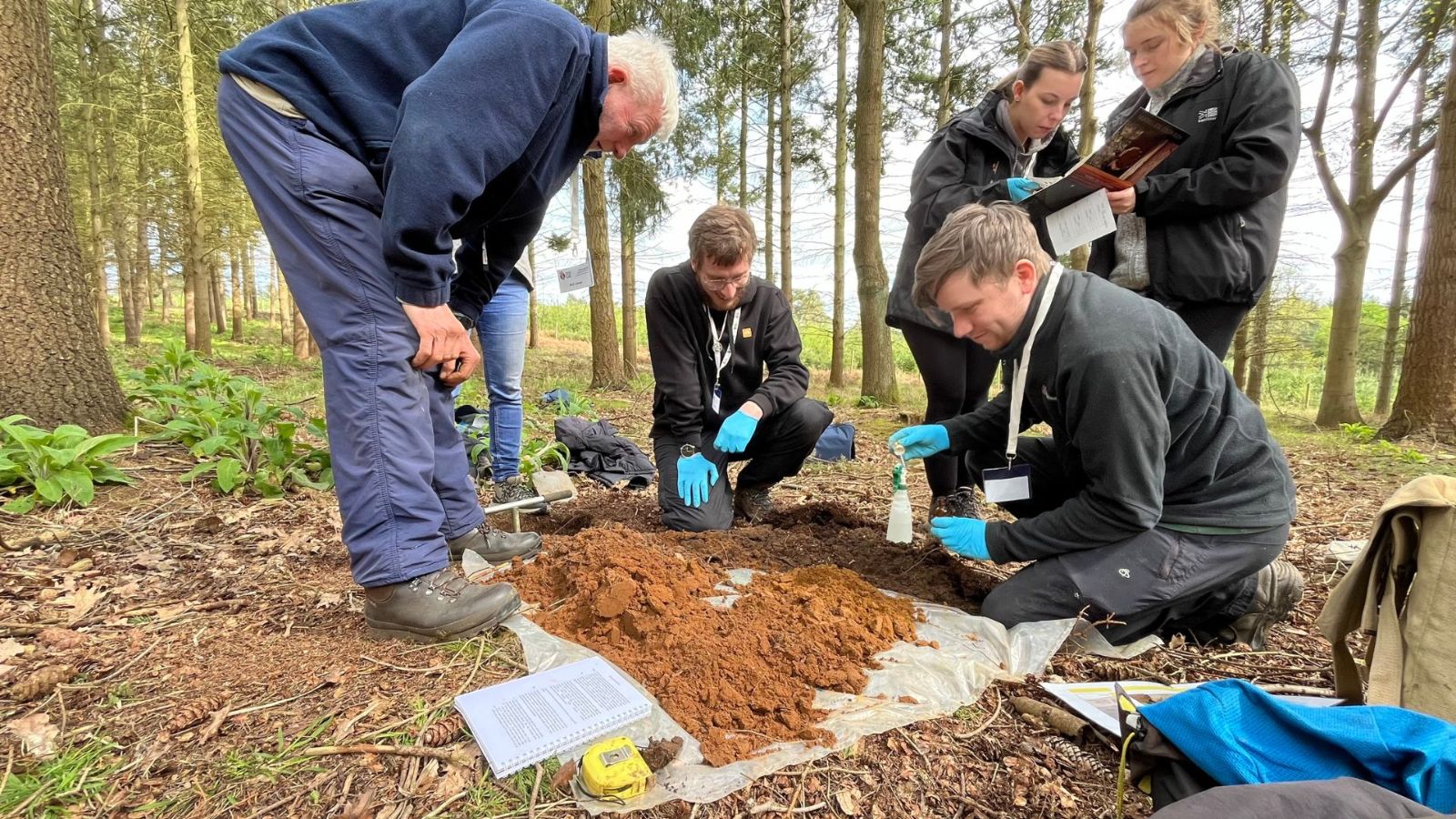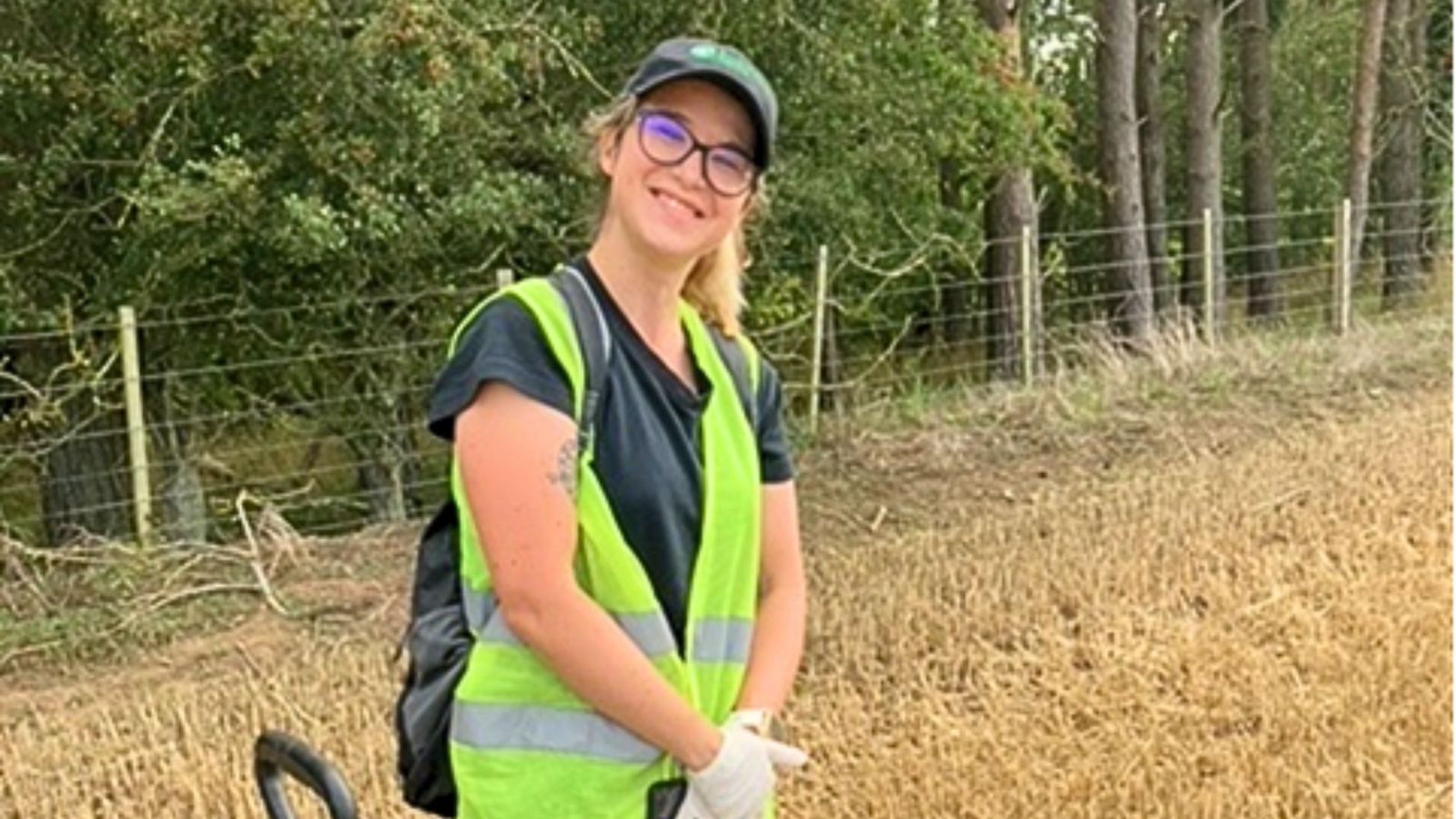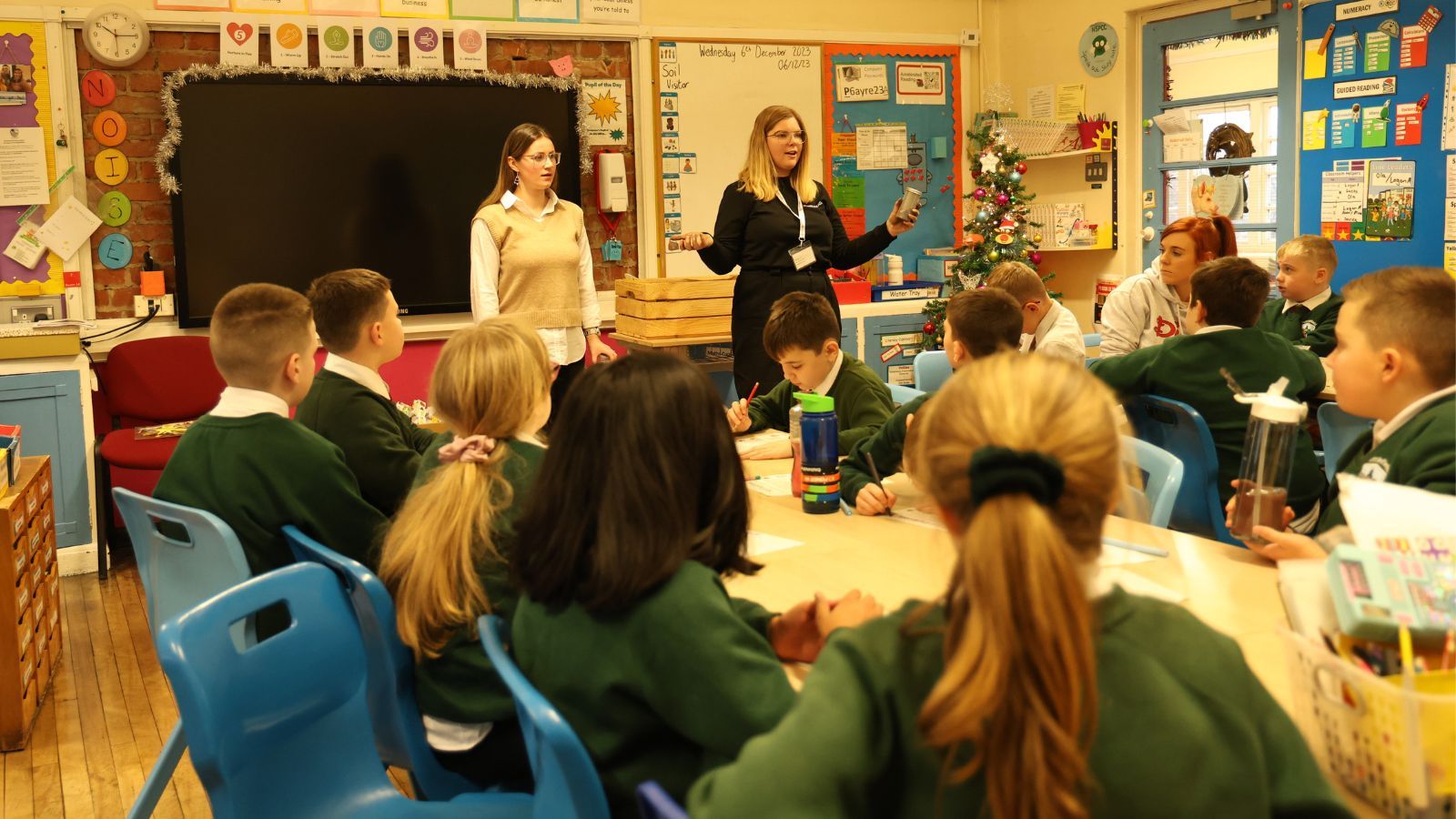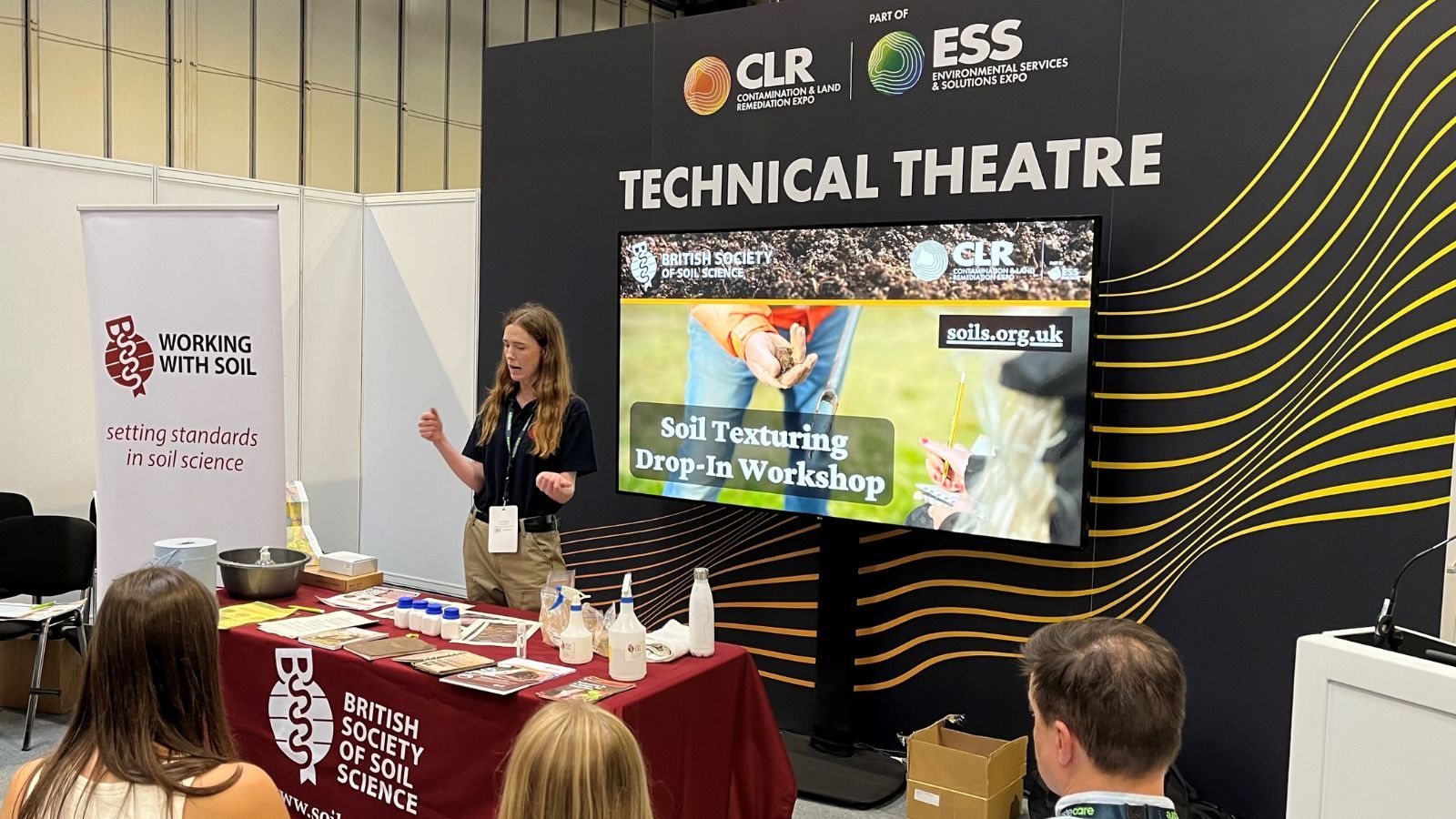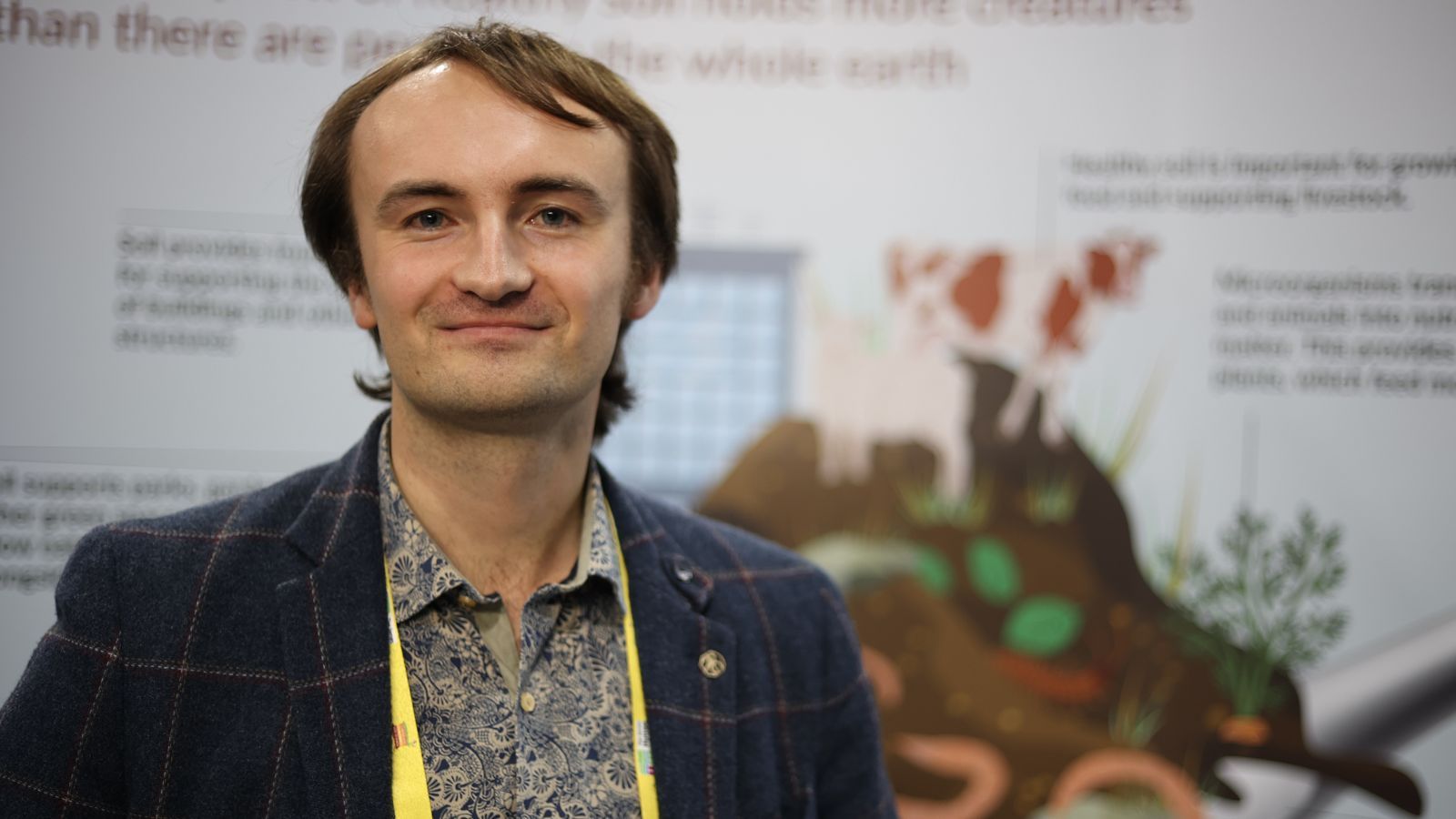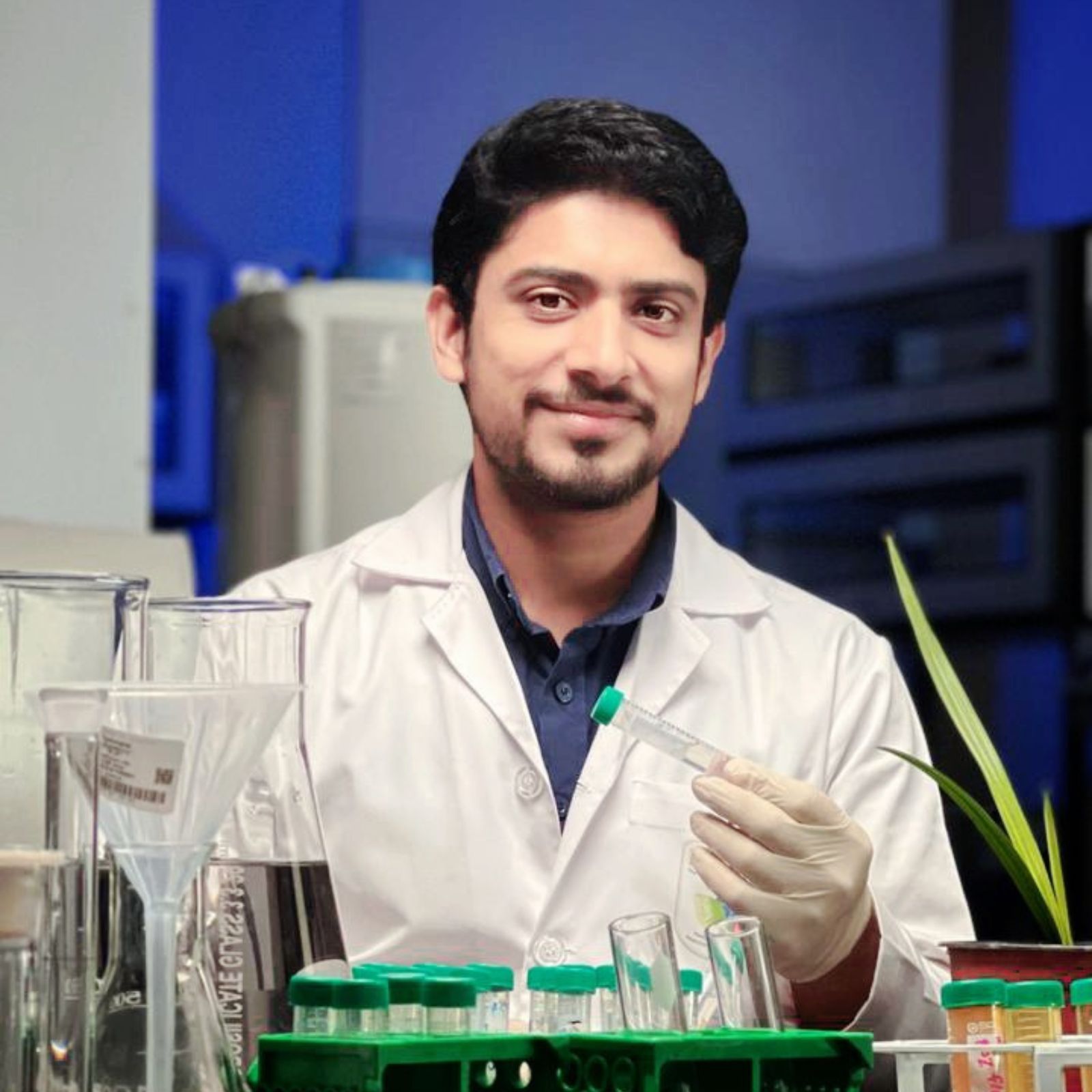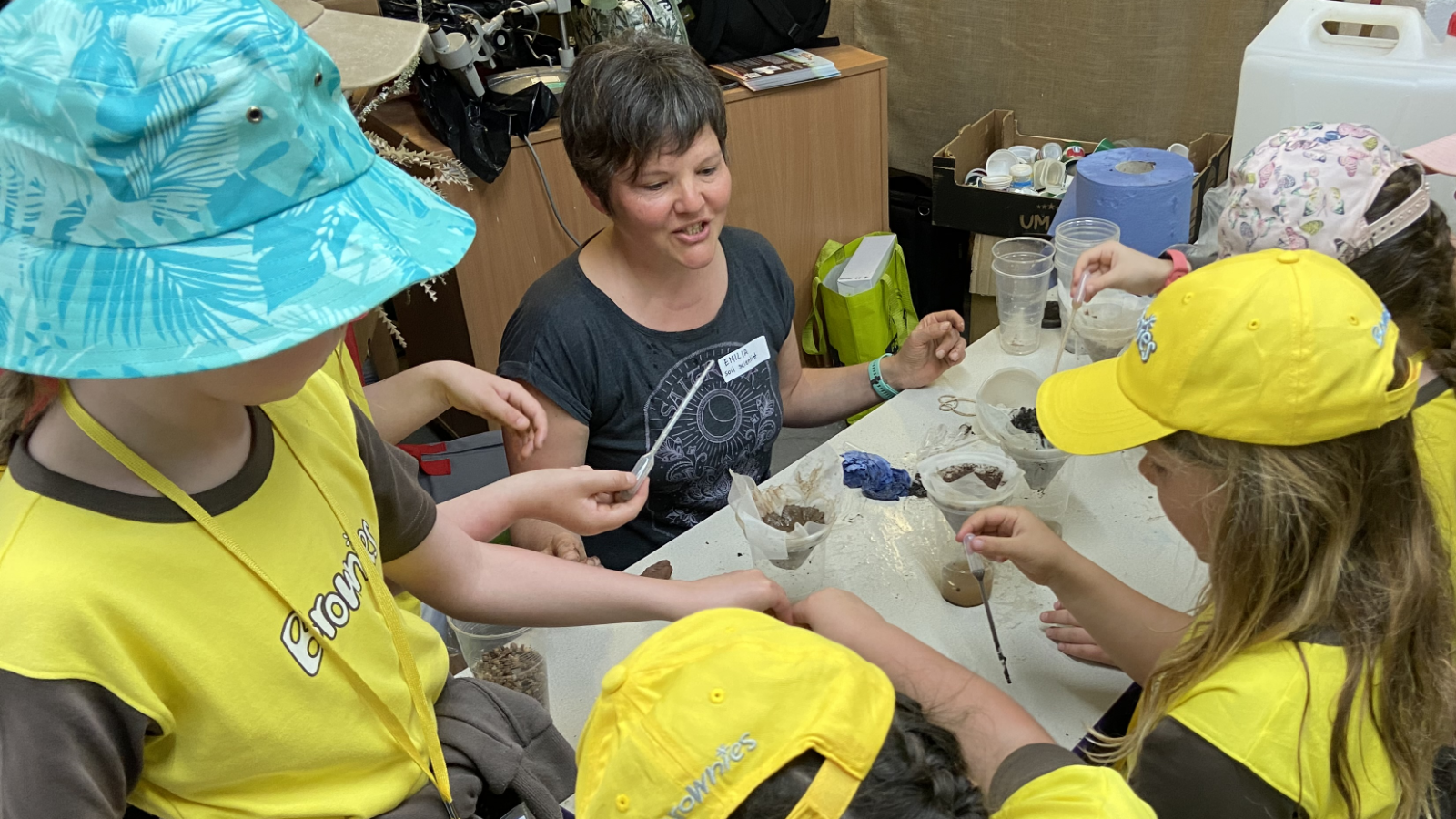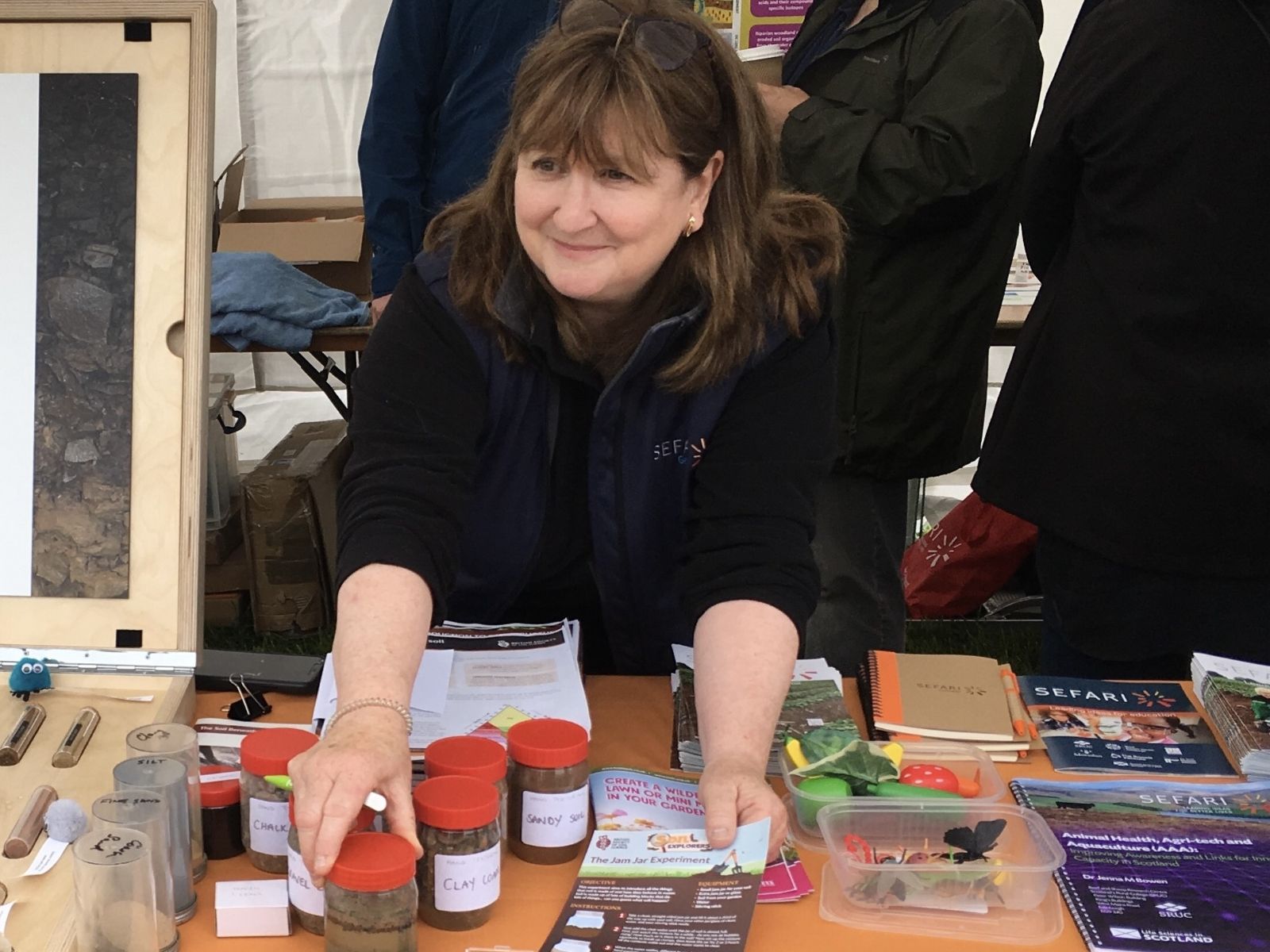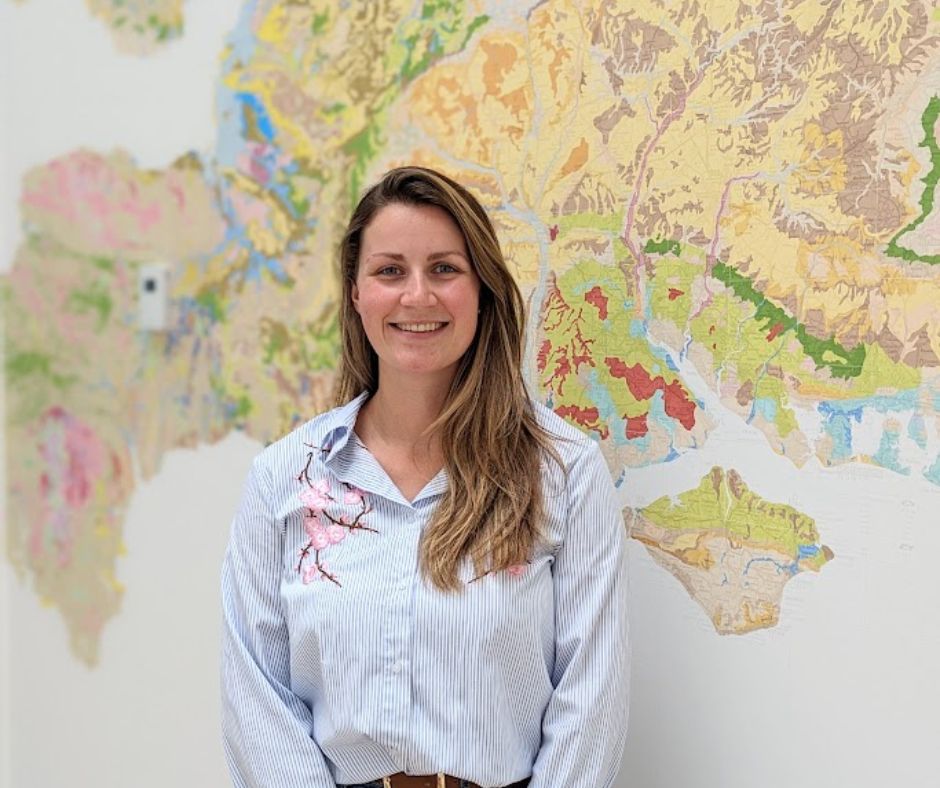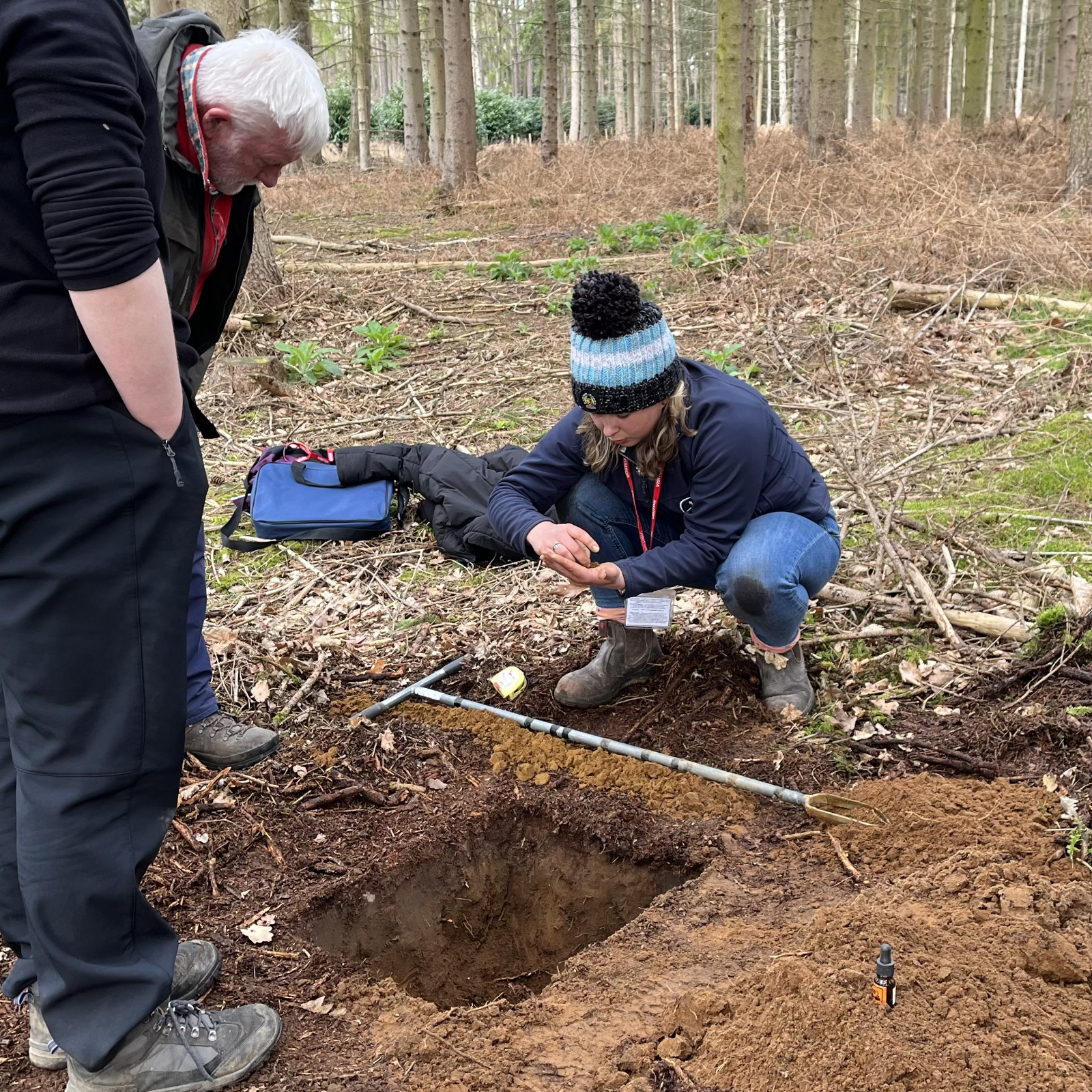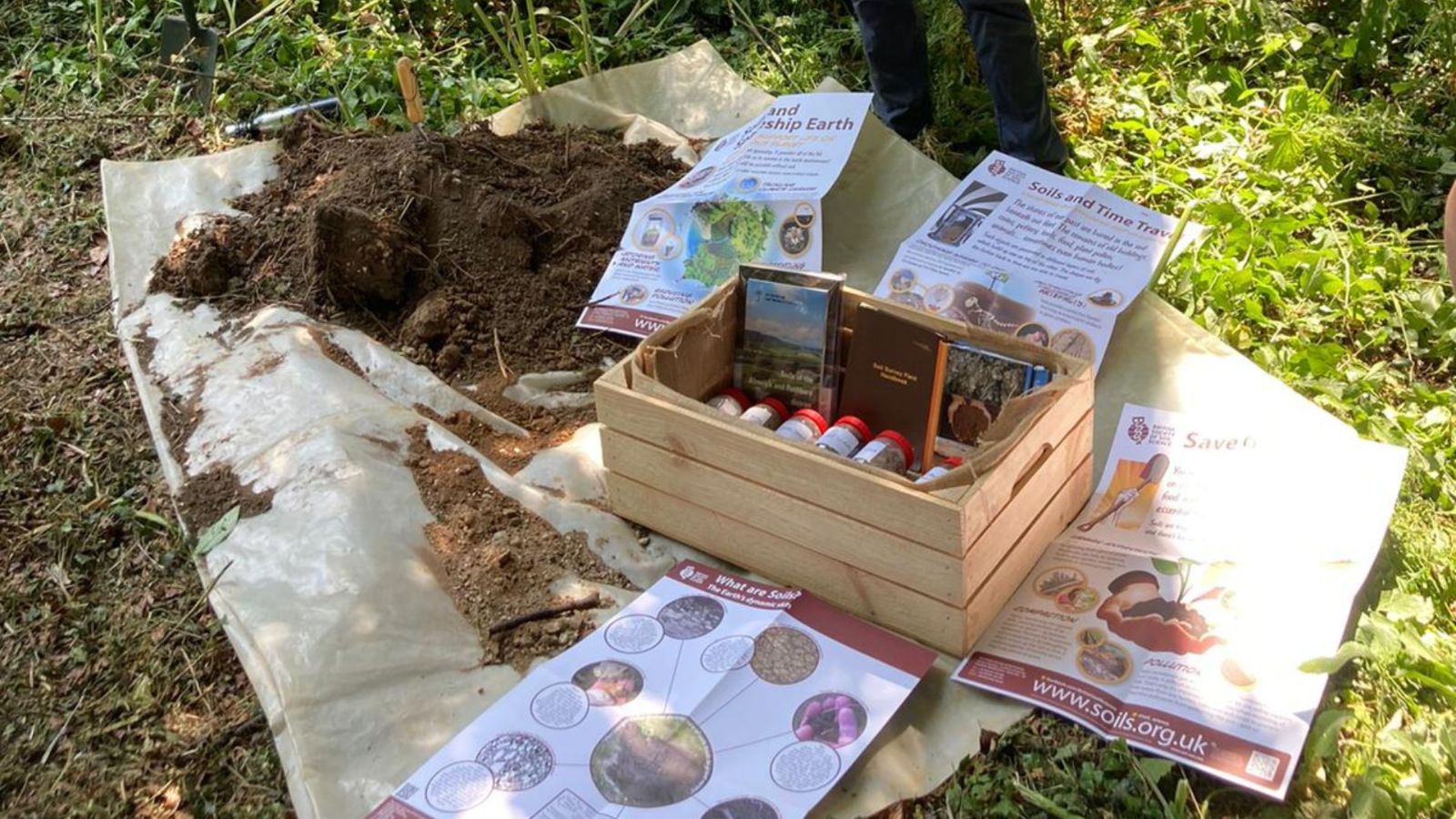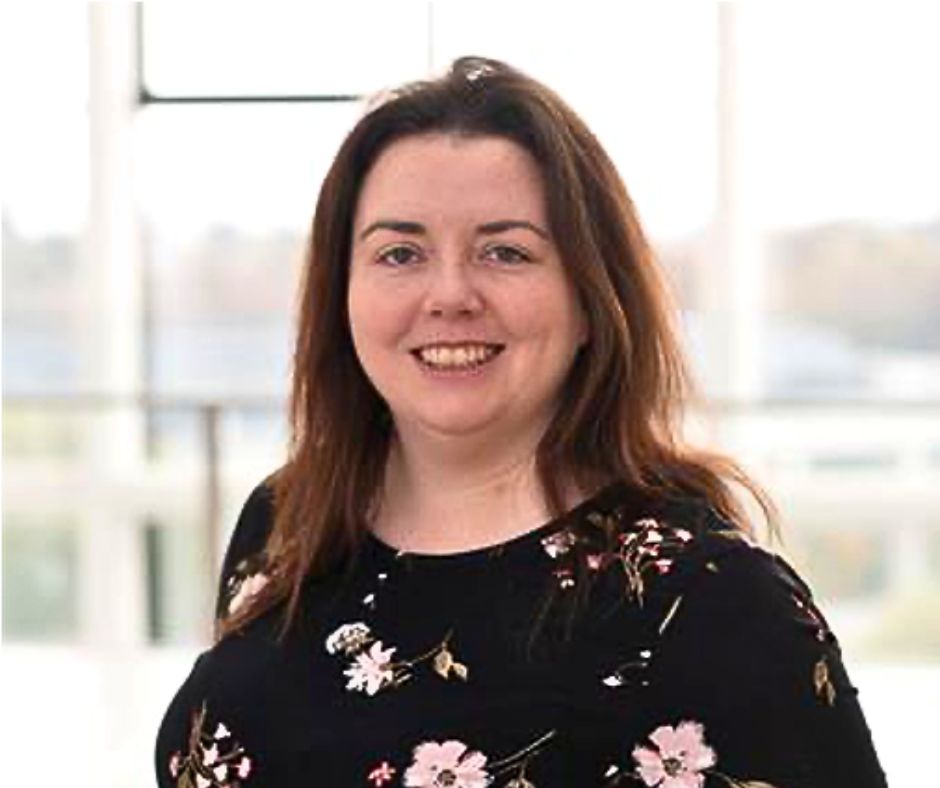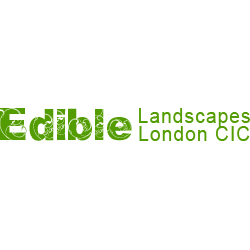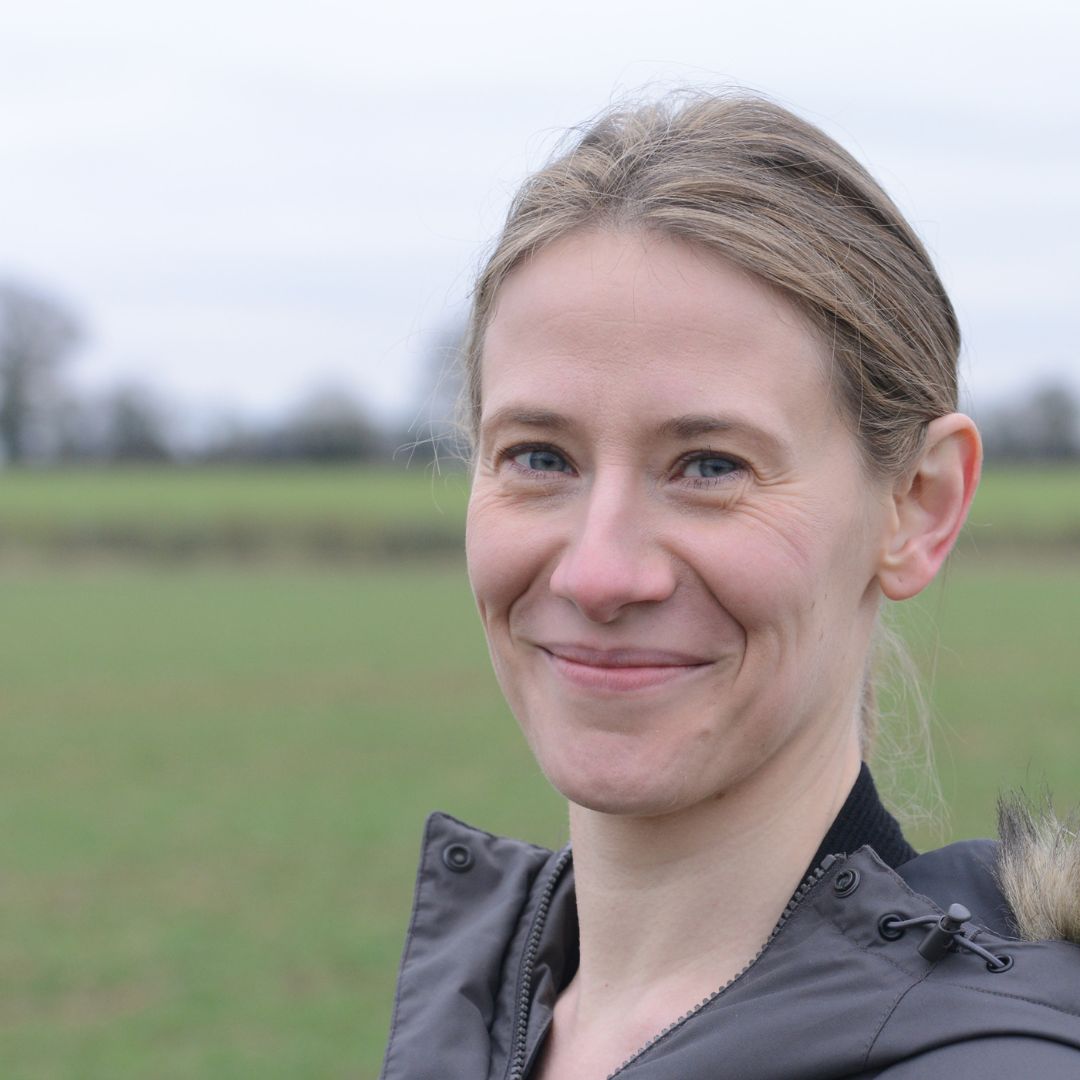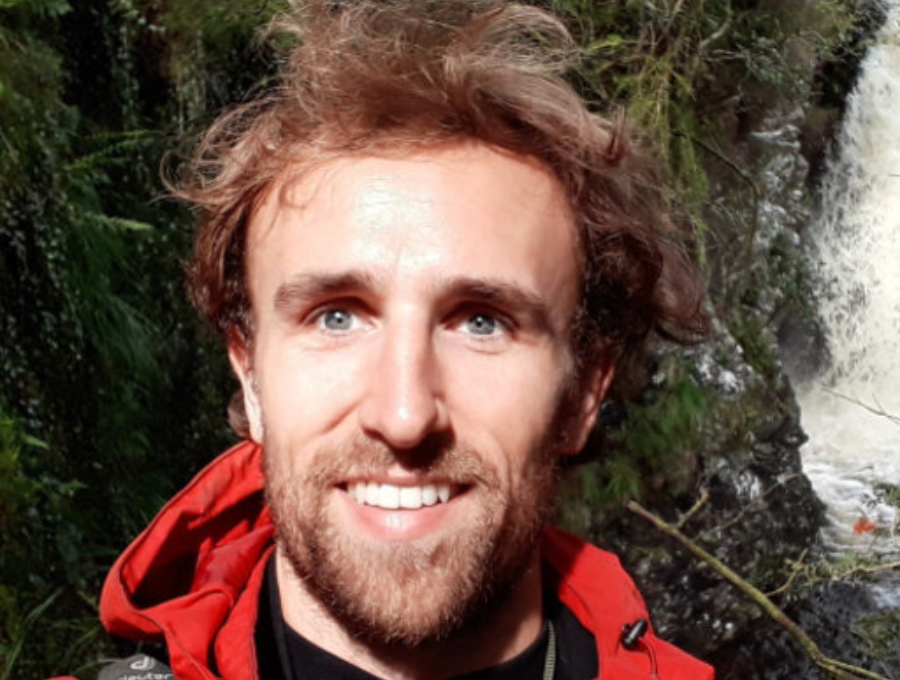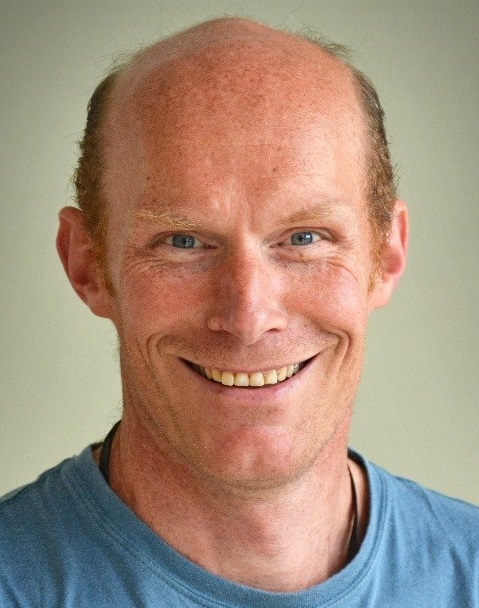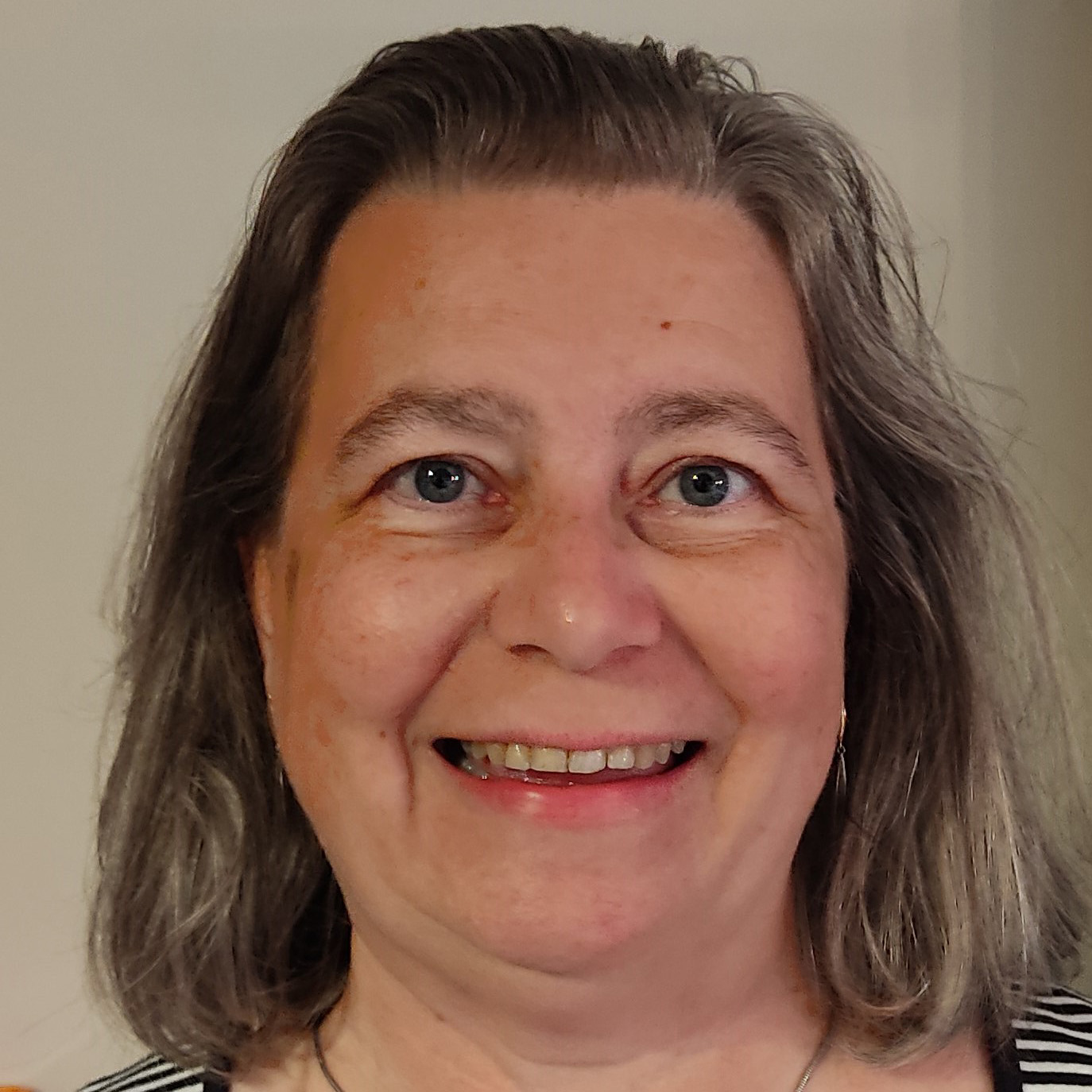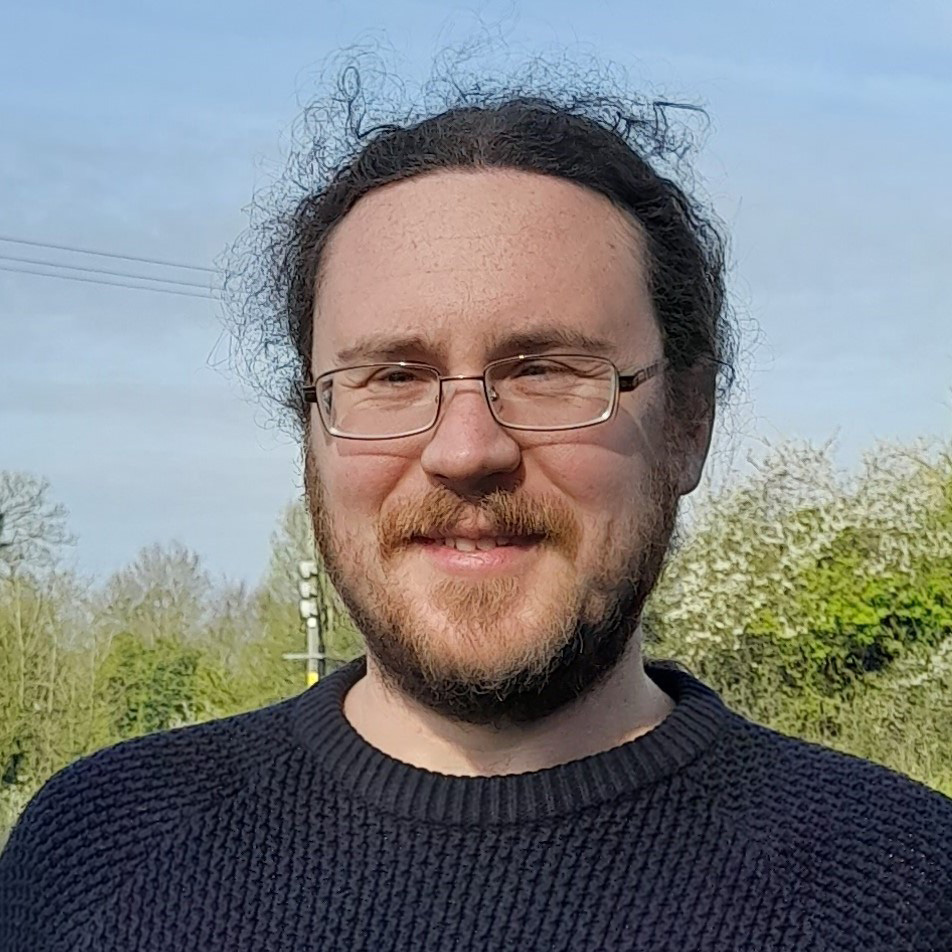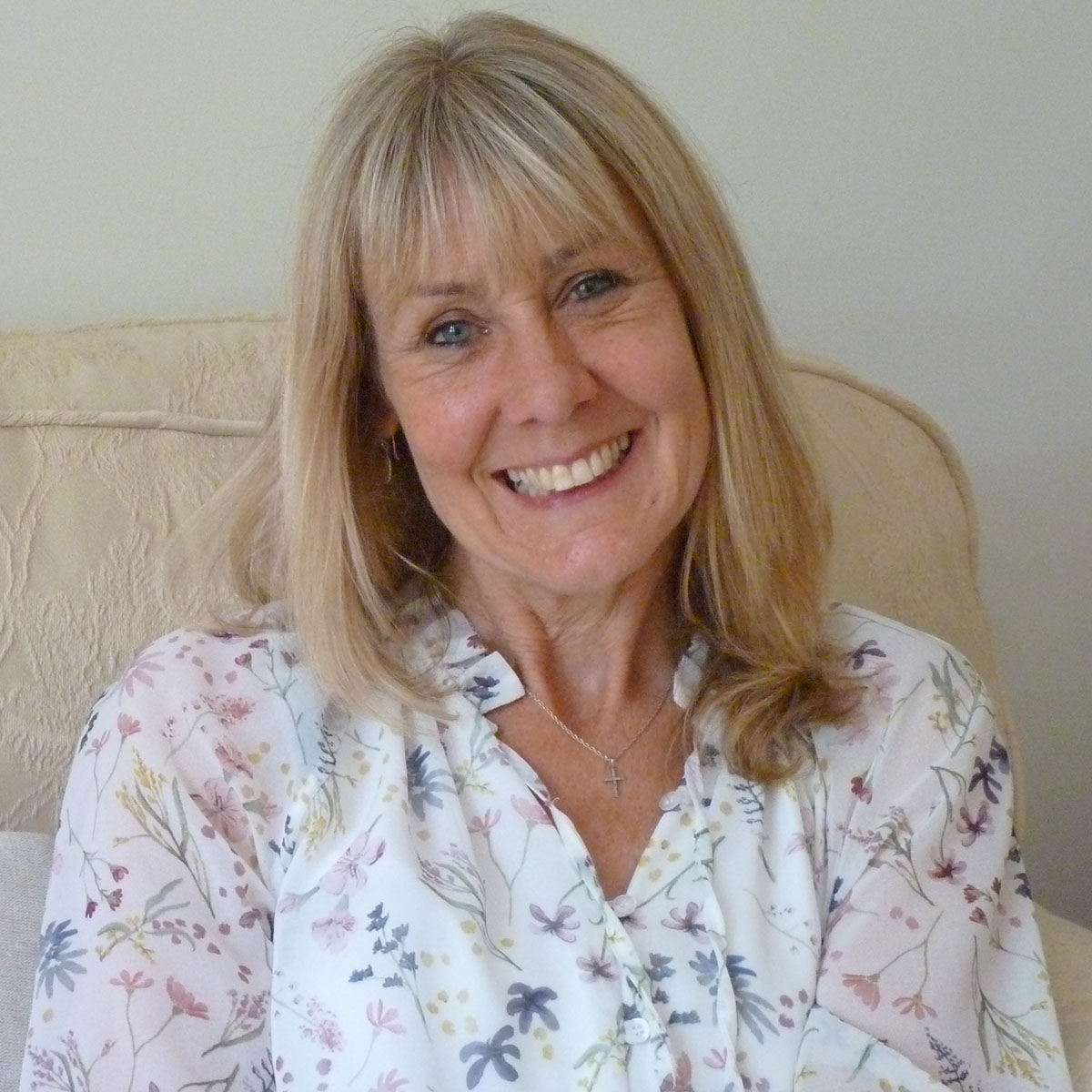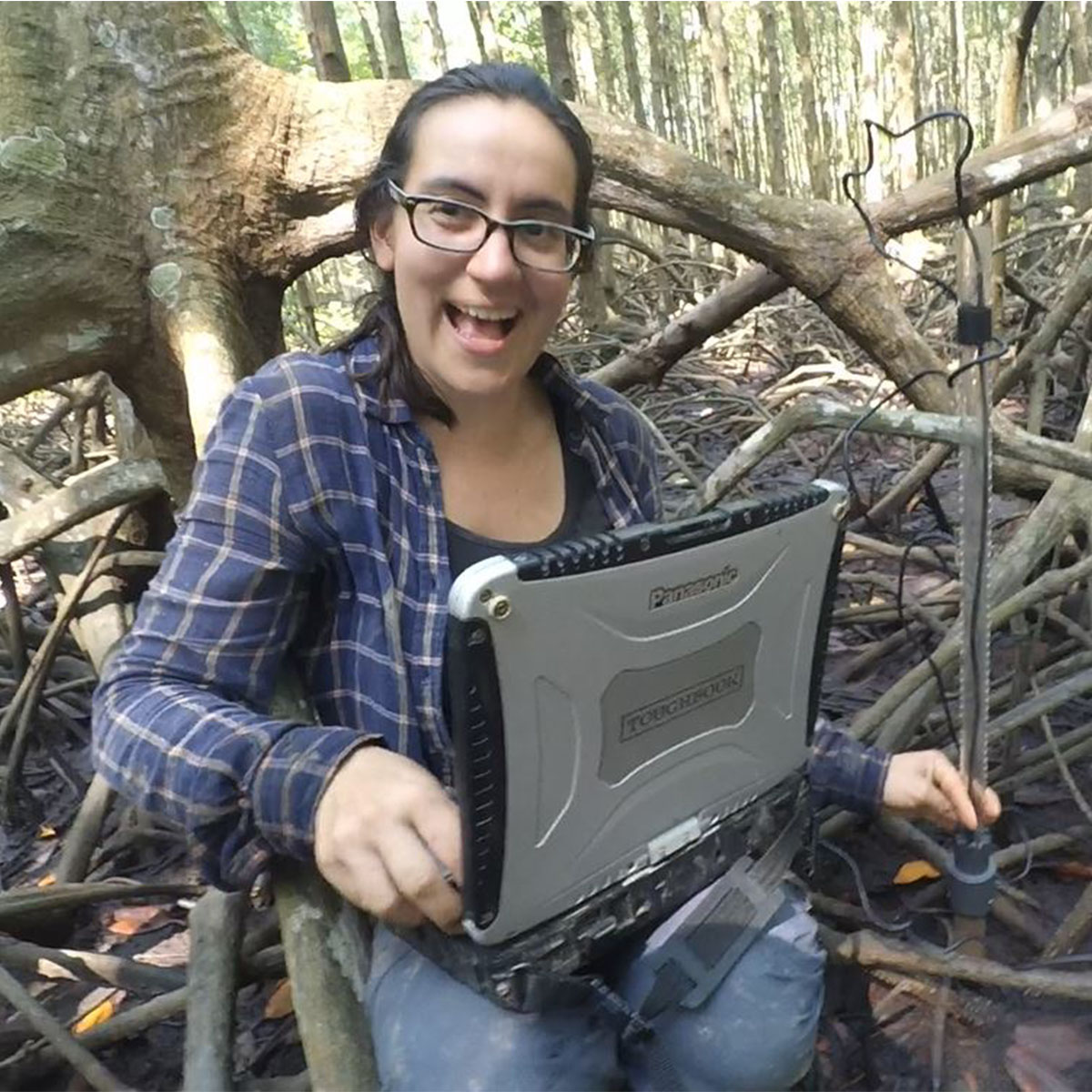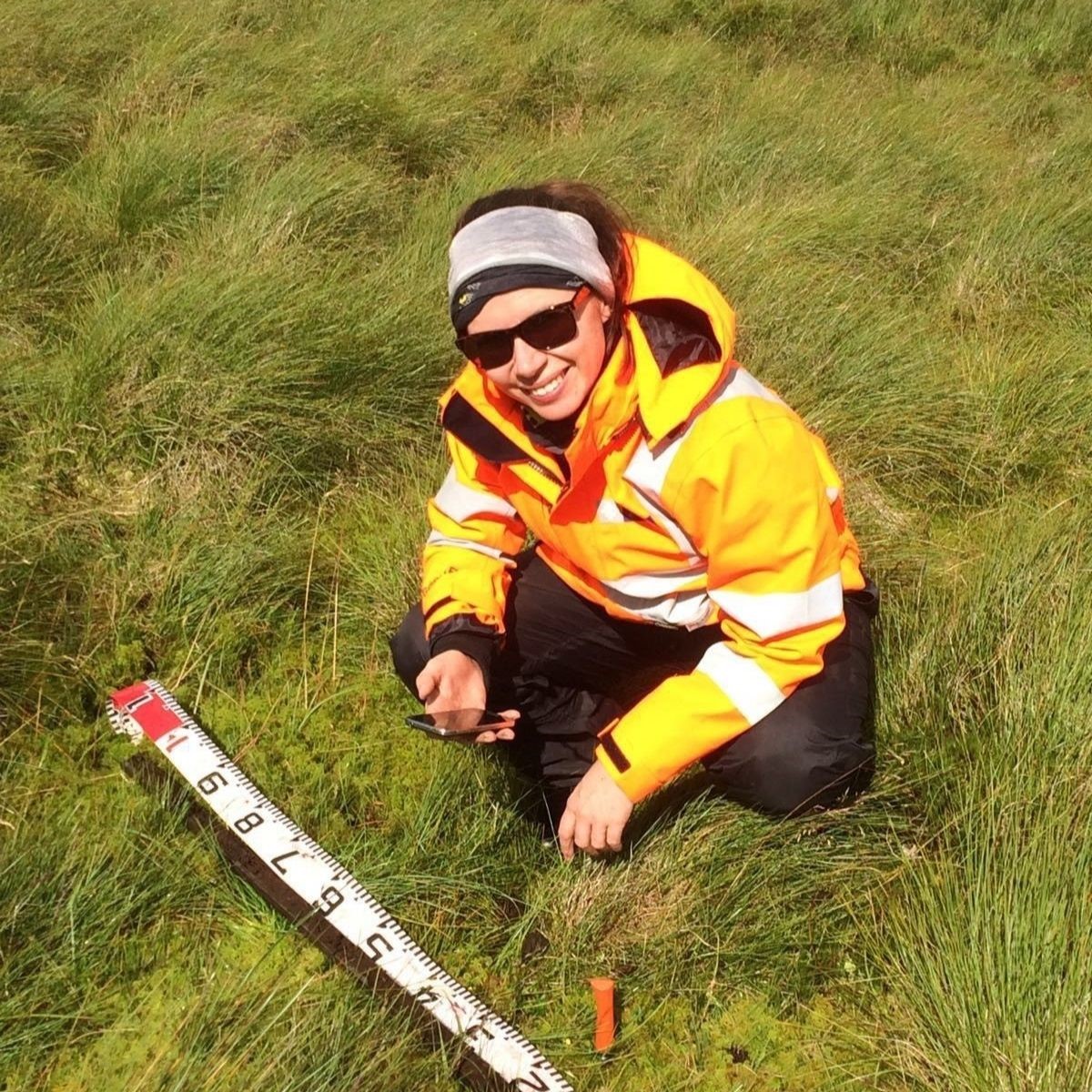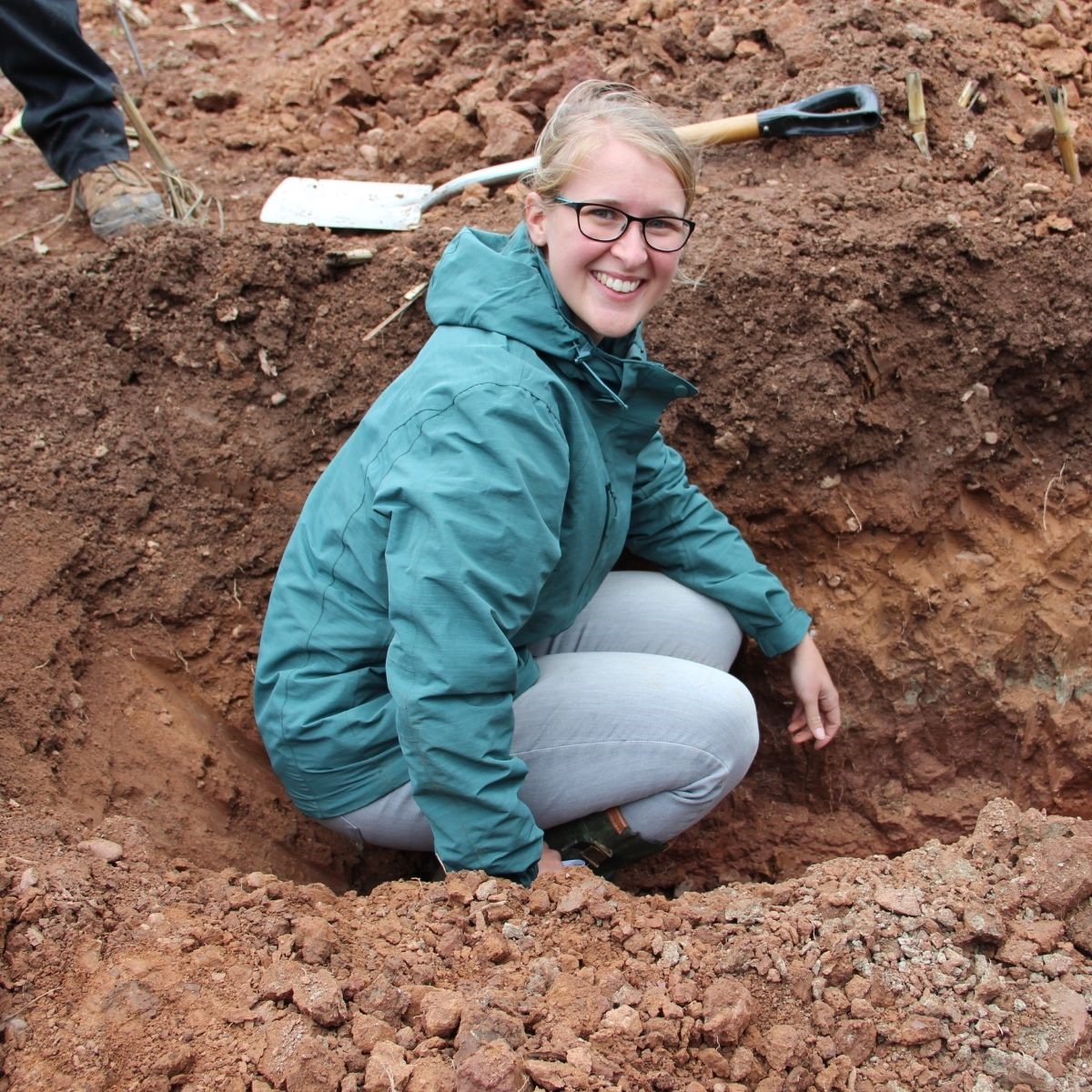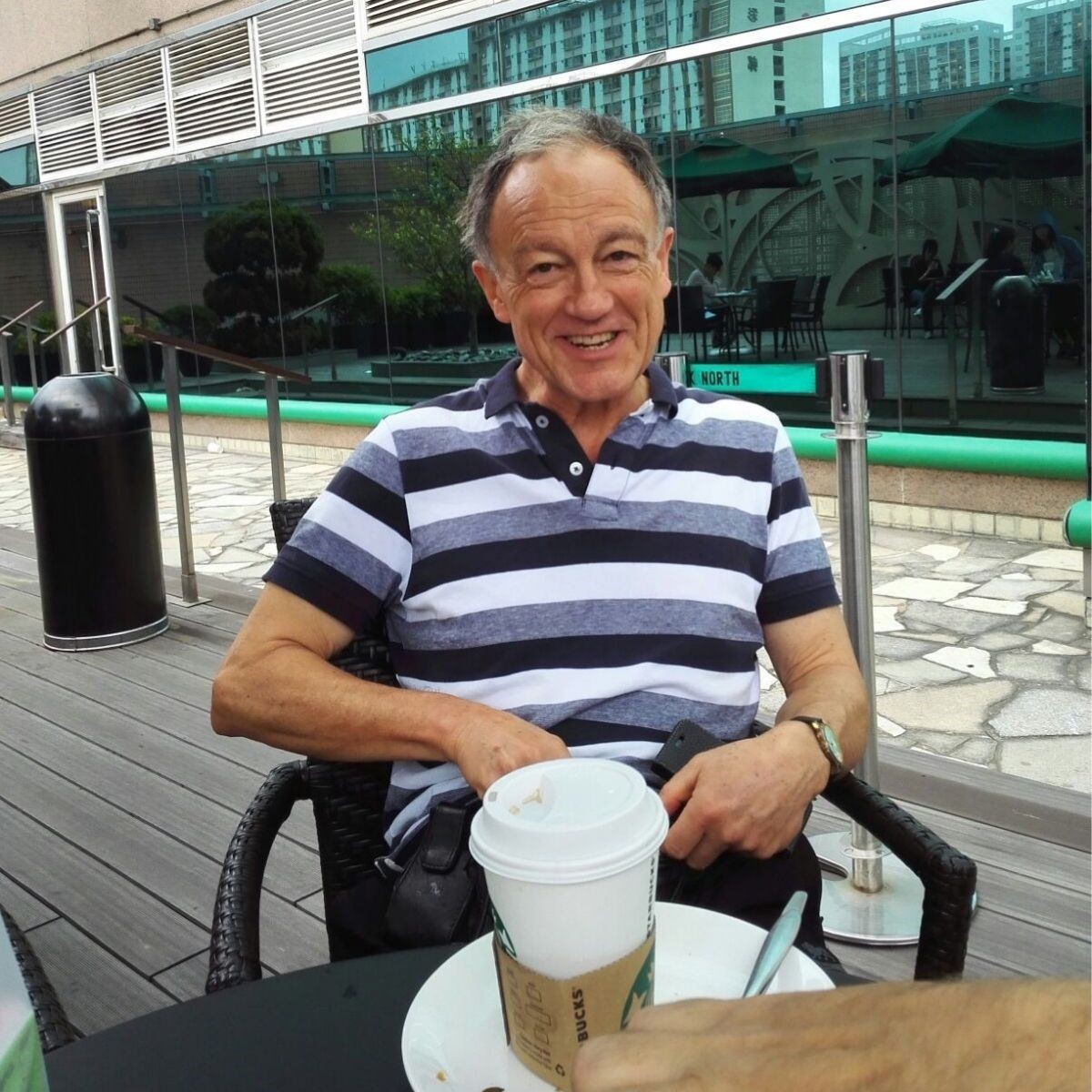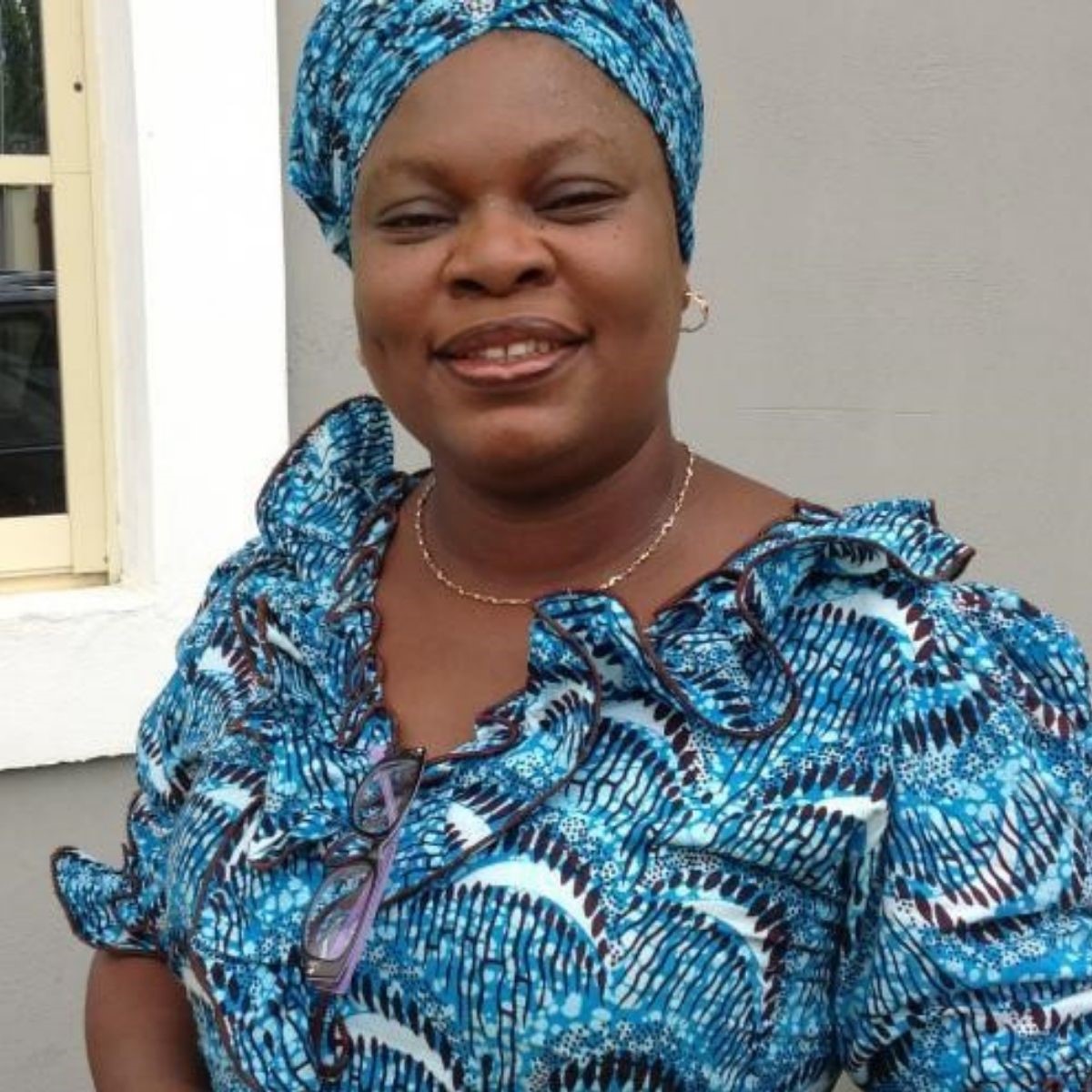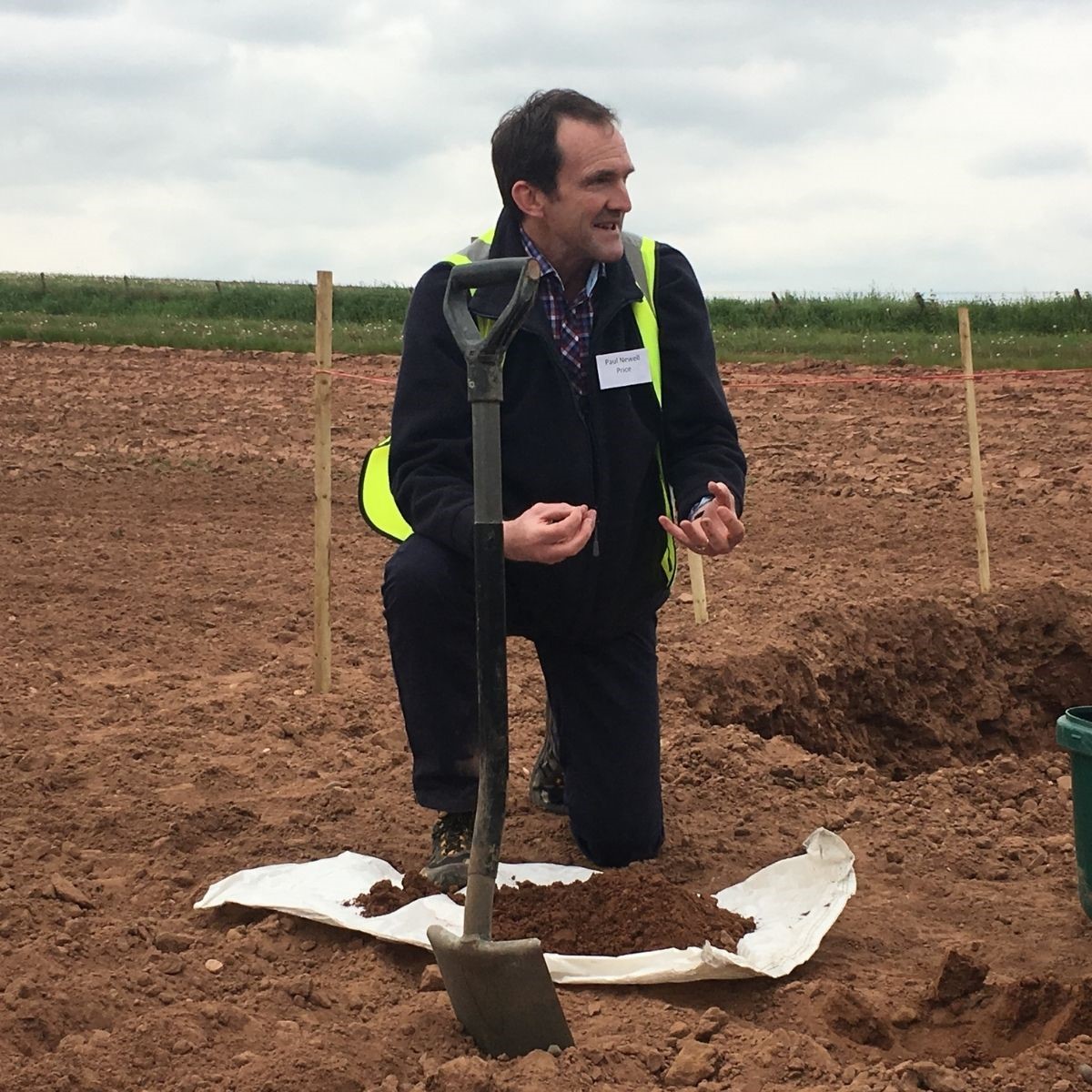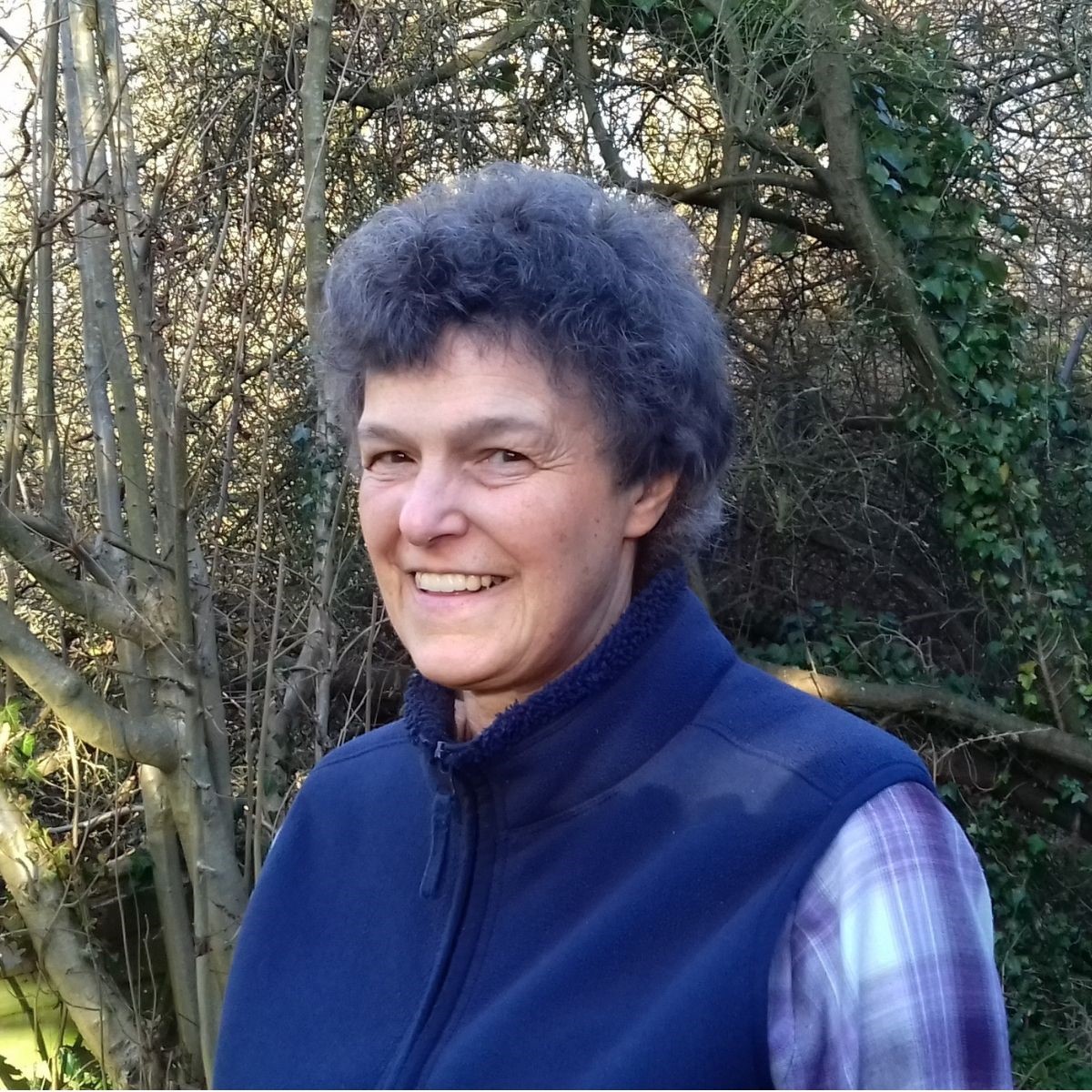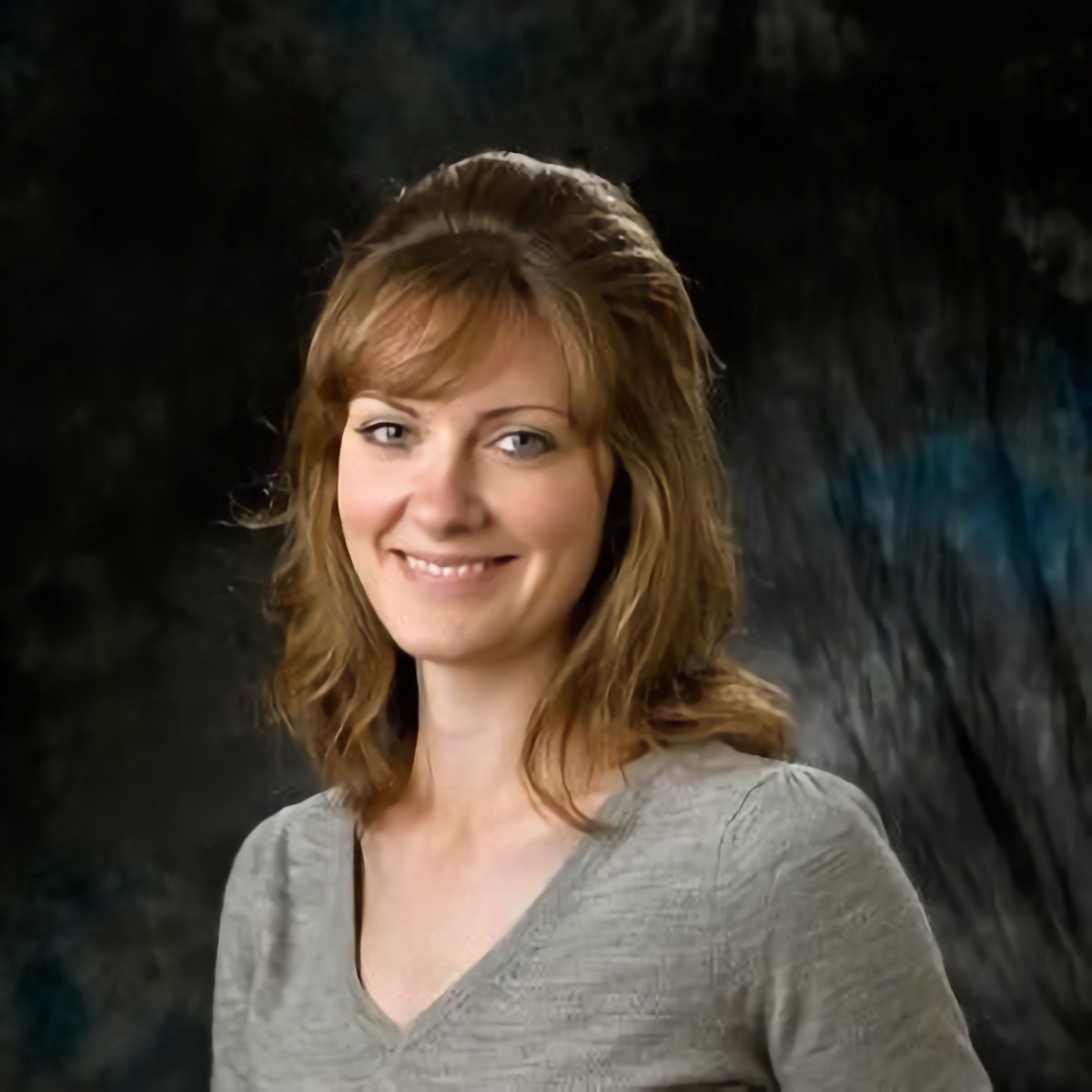Which organisation do you work for?
Wardell Armstrong
A day in the life of…
That depends on the day but can broadly be split into field/office. In the field, I could be working anywhere in the UK, from rural to urban, and fieldwork will generally involve some travel and site visit to investigate soil profiles and characteristics. Whereas in the office, I will be working on data analysis, writing project reports, project management, and having client and project meetings.
How does your job fit within Soil Science?
I provide consultancy services in relation to soils for a range of clients. This includes soil resource surveys, preparation of soil management plans, environmental impact assessments or more specific tasks to meet the needs of the client.
Why is this an interesting area to work in?
I get to work in industry where policies relating to soils are put into practice. We also get to work with a range of clients across the country in a wide range of locations meaning I see a spectrum of different soils.
Why Soil Science?
I can blame my university lecturers Davey Jones and Dave Chadwick for this, they made soils such an interesting topic to study. We still have a lot to learn about the complex nature of the soil environment, every site is different and there is always something new to learn or discover.
What did you study?
After school I did an undergraduate master’s in environmental science at Bangor University, followed, after a period of work, a PhD in Soil Science at the University of Sheffield.
What has your career path been so far?/ How did you begin your career?
Well, I can’t say I ever imagined I would be where I am now. When I left school, I chose to continue studying something I enjoyed, environmental sciences, and have kept that mentality throughout. During work and study, I tried to gain a range of experience in this sector, from volunteering with the national trust, working in wastewater treatment, doing scientific outreach and learning how to be a researcher. My career now is based on my interest of practical science application and my interest in soil.
What is the best thing about your job?
Working on a range of projects, where I get to practically implement all of the things I have learned and continue learning as policy and research develops.
What skills, abilities and personal attributes are essential to success in your job/this field?
The key skills I use most days are: field soil assessment, report writing, and up to date soils in policy knowledge. Other useful skills are multitasking and time management as we often have several jobs on the go at once with deadlines to keep track of.
What advice would you offer to young people interested in a career in soil science?
Gain as much experience as you can through work, study, and volunteering. Work out which areas interest you most, and don’t be afraid to send speculative CVs or apply for jobs where you might not tick all the boxes (yet!).
Can you recommend other journals, magazines or professional associations which would be helpful for professional development?
BSSS is definitely a good place to start, and they have a lot of resources for their Early Career members. Twitter is also a great place to find opportunities for free webinars, events, jobs, PhDs and other people working in similar areas. Farming Today on BBC Radio 4 has great coverage of farming issues, which often relate to soils.
If you could do it all over again, would you choose the same path for yourself?
I think so, I have enjoyed my journey to where I am now, and I am fortunate to be working in an area that I enjoy and find interesting.

